Ora 03 (Funky Cat) review
Ora is Great Wall Motors's latest electric brand and we have its first model available in Europe, named the Funky Cat. In certain markets the unorthodox name was eventually changed to Ora 03, but some markets still go with the feline moniker.
The extravagance goes beyond the naming with the styling being anything but conventional. In several markets around Asia and Australia the Funky Cat is among the cheapest EV offerings, which explains why it's such a common sight in the streets. Things looks rather differently in Europe, where taxes raise the price significantly, so we'll now see if the car can match the tougher competition that comes with that.
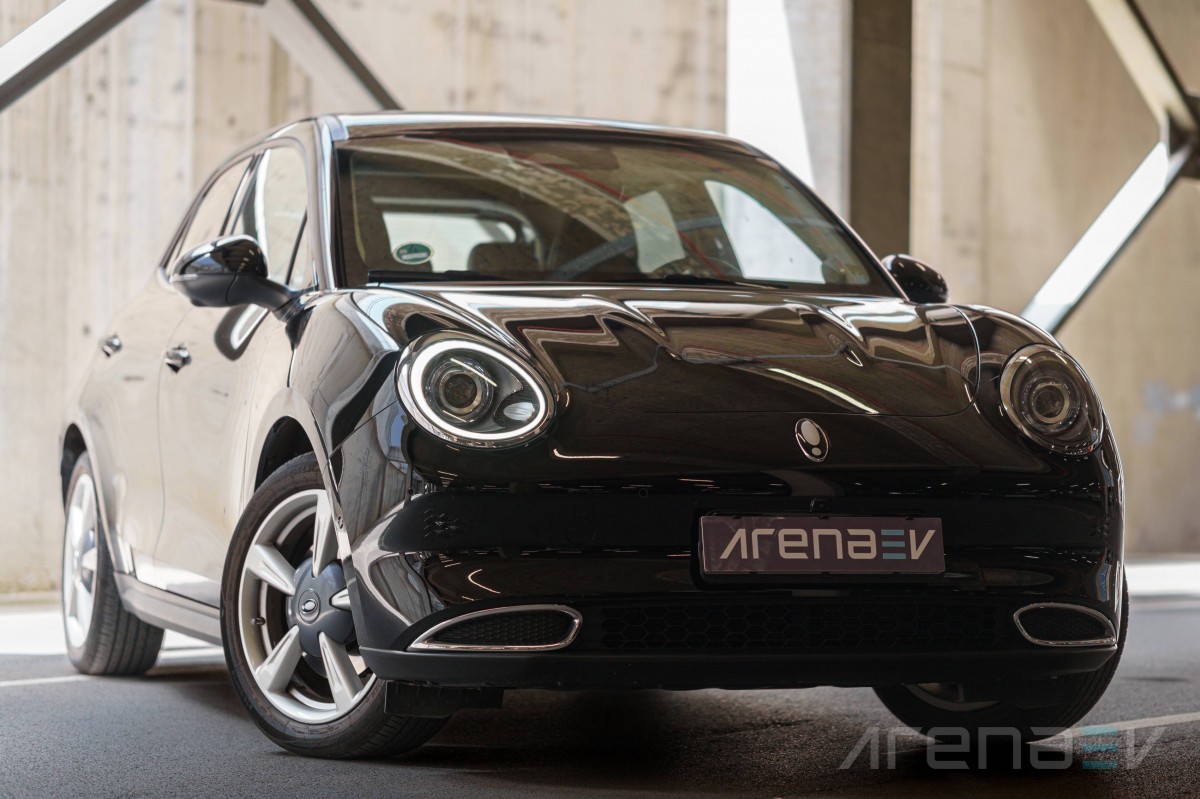
Table of Contents:
- Exterior
- Interior
- Storage & practicalities
- Driving experience
- Tech features
- Ride comfort
- Cabin noise
- Acceleration and braking
- Consumption
- Charging speed
- Competition
- Verdict
The Ora Funky Cat is a small hatchback model that claims excellent city mobility, which sounds like the perfect fit for low-cost EVs. The outlandish styling, combined with rich standard equipment makes the Funky Cat stand out as well.
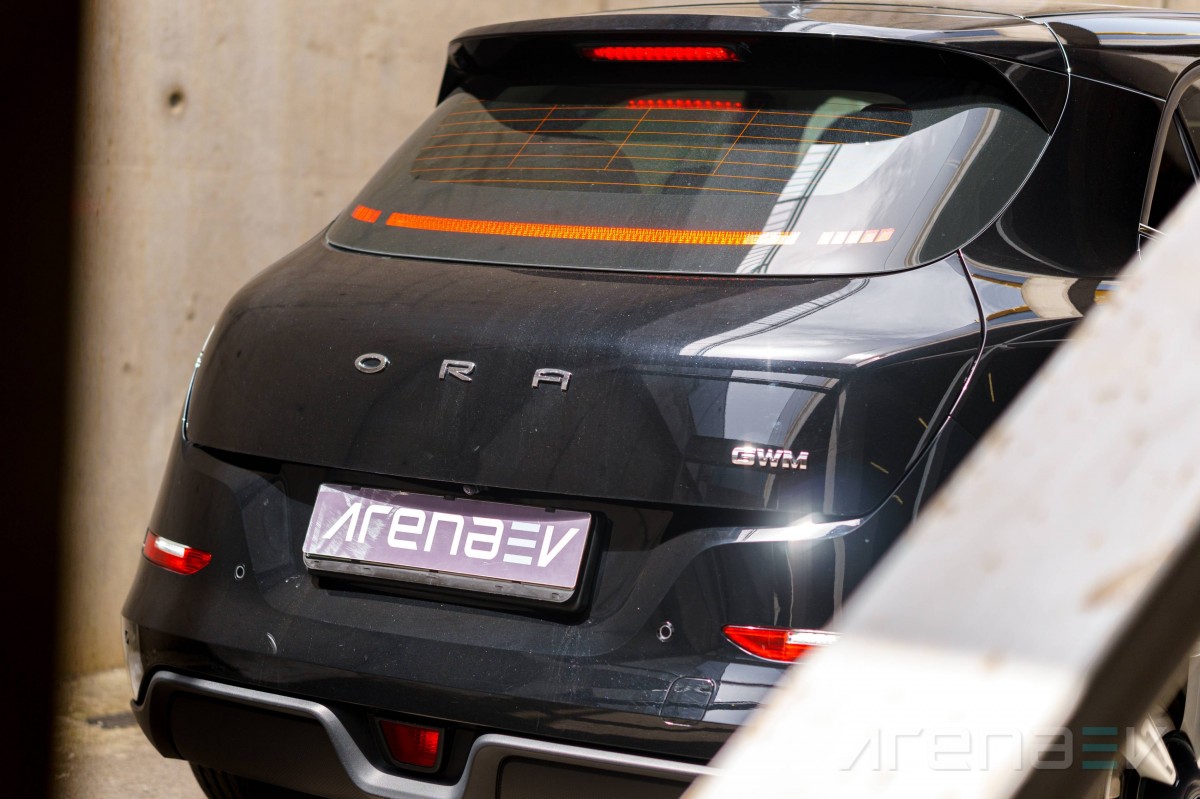
Our test model today is the Ora Funky Cat with the smaller 48 kWh battery pack, and of those 45.4 kWh are actually usable. It has a single motor that delivers 171 hp and 184 lb-ft to the front wheels. The bigger 63 kWh version offers the same power output, but obviously a significantly longer range.
- Dimensions: 166.7 inches x 71.9 inches x 63.1 inches, 104.3 inches wheelbase.
- Drivetrain tested: 48 kWh - FWD 126 kW (171 hp), 184 lb-ft, 48 kWh total battery capacity, 45.4 kWh usable battery capacity
- Other drivetrains: 63 kWh - FWD 126 kW (171 hp), 184 lb-ft, 63.1 kWh total battery capacity, 59.3 kWh usable battery capacity
- Charging: 64 kW CCS; 10-80% in 42 min.
- Range: 193 miles WLTP
- Weight: 3,395 lb unladen, 4,343 lb gross
- Other features: Voice controls, sunroof, OTA updates.
Exterior
Ora's styling is one of its key selling points as it delivers a well thought-out mixture of several different styles for a rather interesting end product. From the front the Funky Cat really looks like it’s smiling and has a happy face. It is refreshing to see a company not go for the the meanest, angriest look possible. The soft lines flow nicely into each other for a simple, yet elegant overall design.
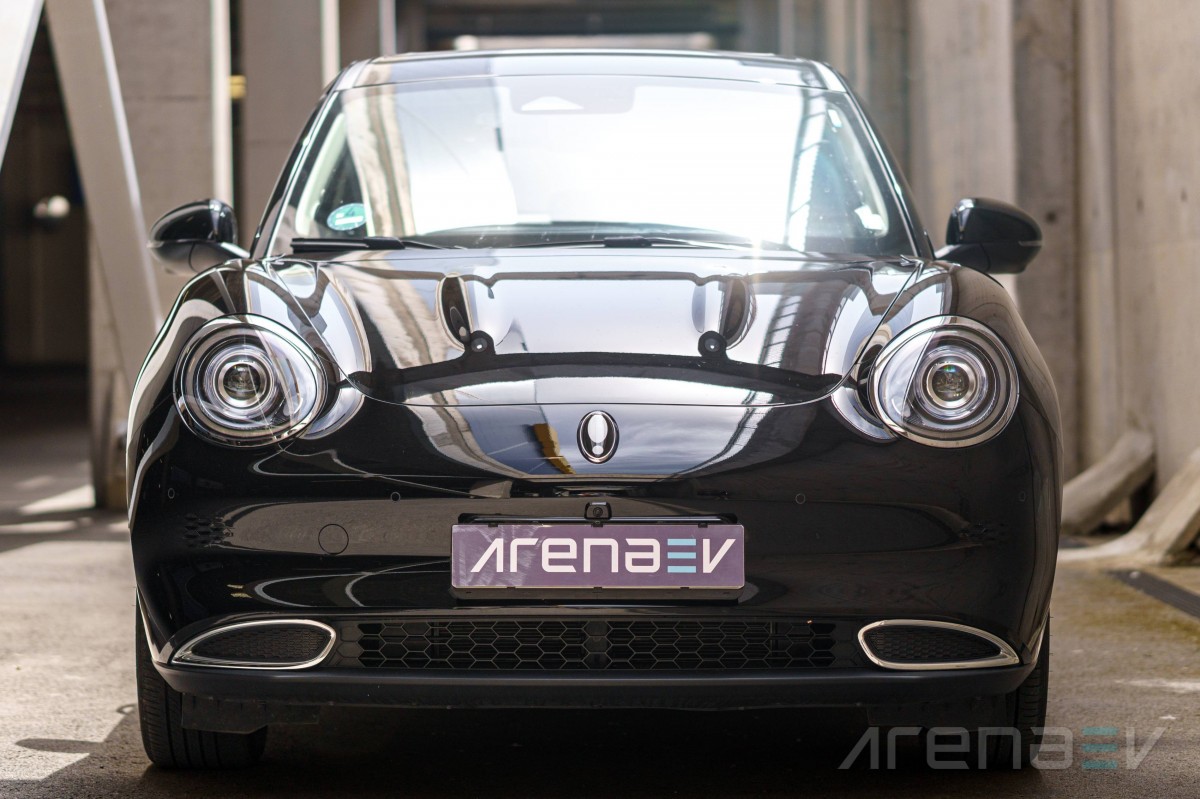
The Funky Cat looks a lot like a Mini Cooper, that much is obvious. We even had the opportunity to film it besides one and the resemblance is uncanny. However, the Funky has enough of its its own identity to avoid the rebrand to Copy Cat. Another key difference between the two is size as the Mini is much smaller.
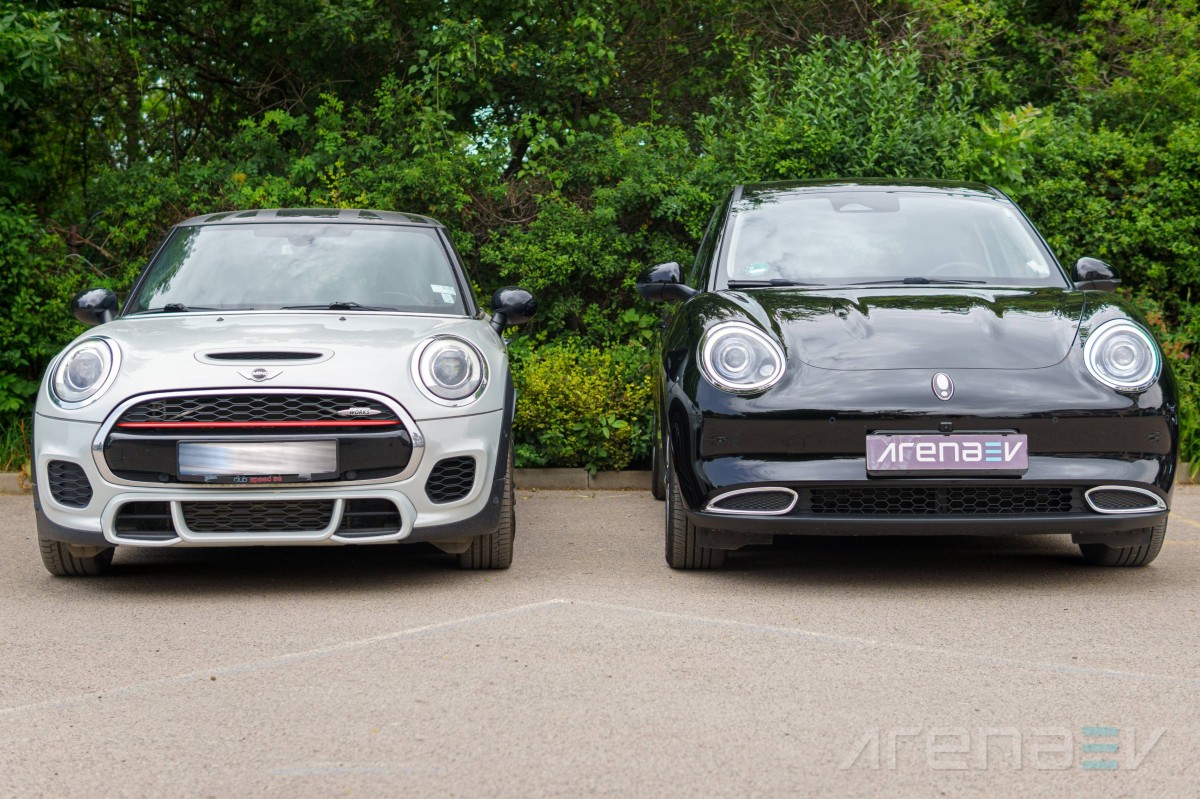
There is a lot of chrome that underlines the different design elements, matching retro and futuristic. Up front there are some honeycomb-looking dimples that make it appear as though the Funky Cat is blushing, adding to the general cuteness of the front. The Ora logo is a giant exclamation mark, which sits prominently in the middle of the front bumper.
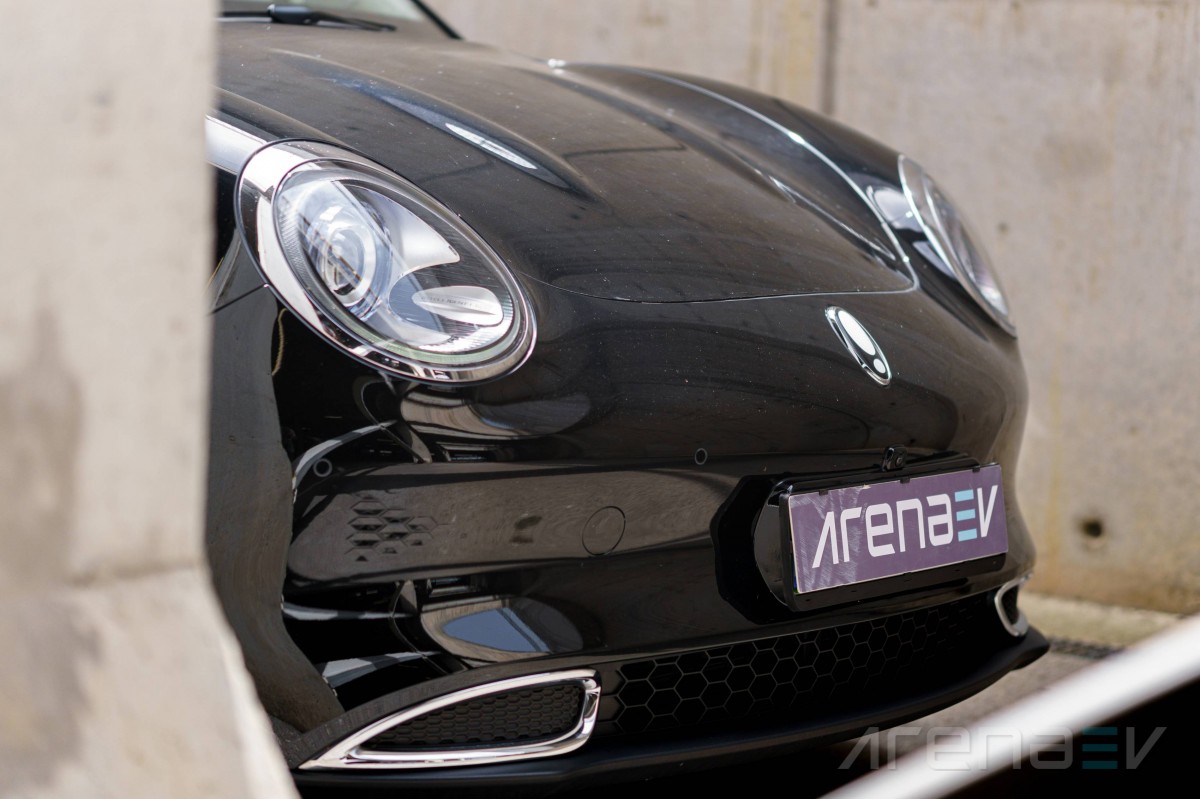
From the side and the rear 3/4, the Ora Funky Cat looks more like to the first generation Nissan Leaf, albeit with some softer lines. The ground clearance of 5.3 inches is not impressive, but should tacle most city obstacles.
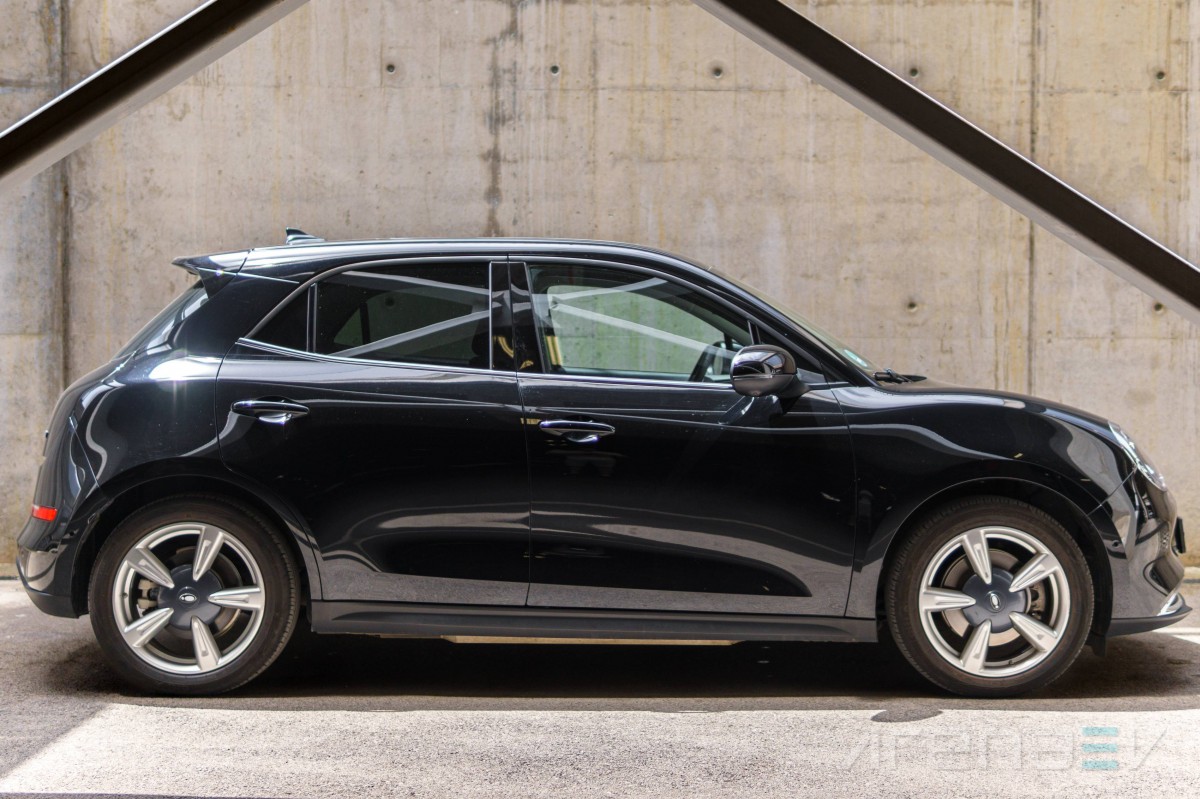
The wheel design is unique even if it won't be everyone’s cup of tea. The five–spoke wheels are finished in chrome, which makes them quite noticeable. However even our lightly used Funky Cat with only 8,080 miles on the odometer, has the chrome starting to peel off, which is not very encouraging in the long run.
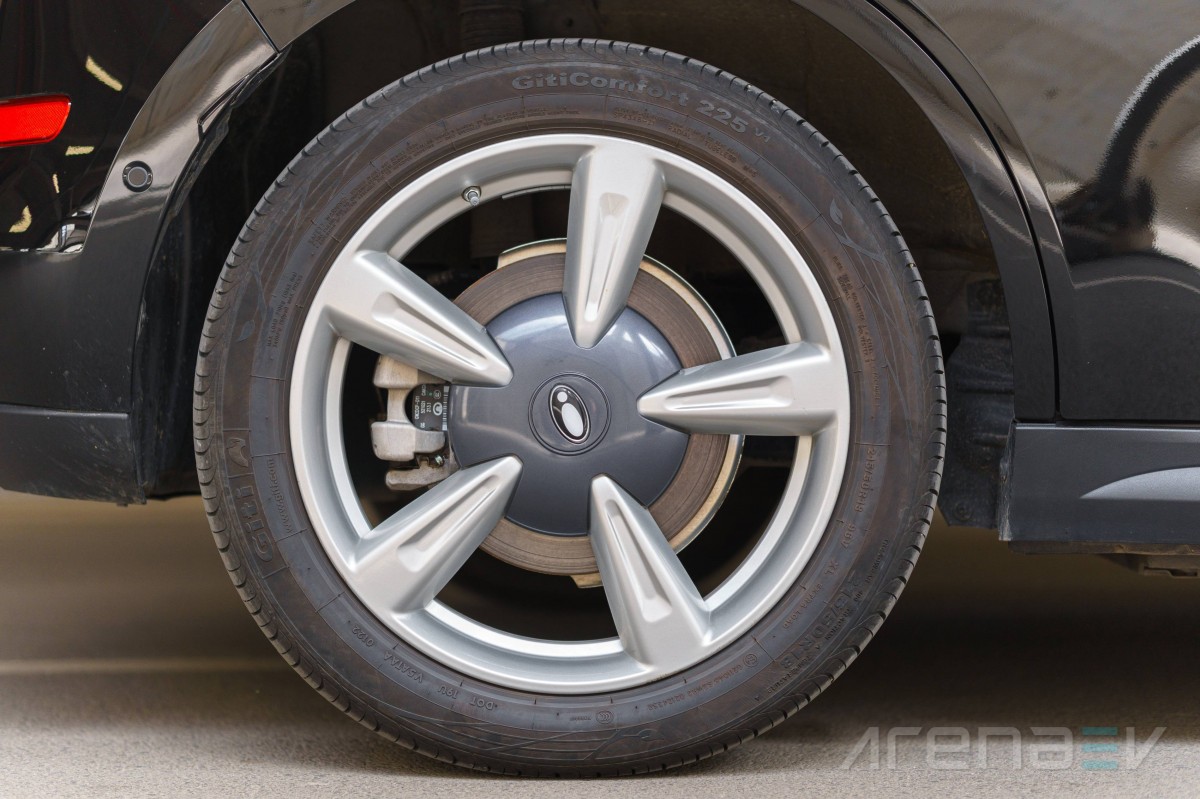
The rear of the Ora Funky Cat follows a different design language than the rest of the car, but the contrast somehow works decently.
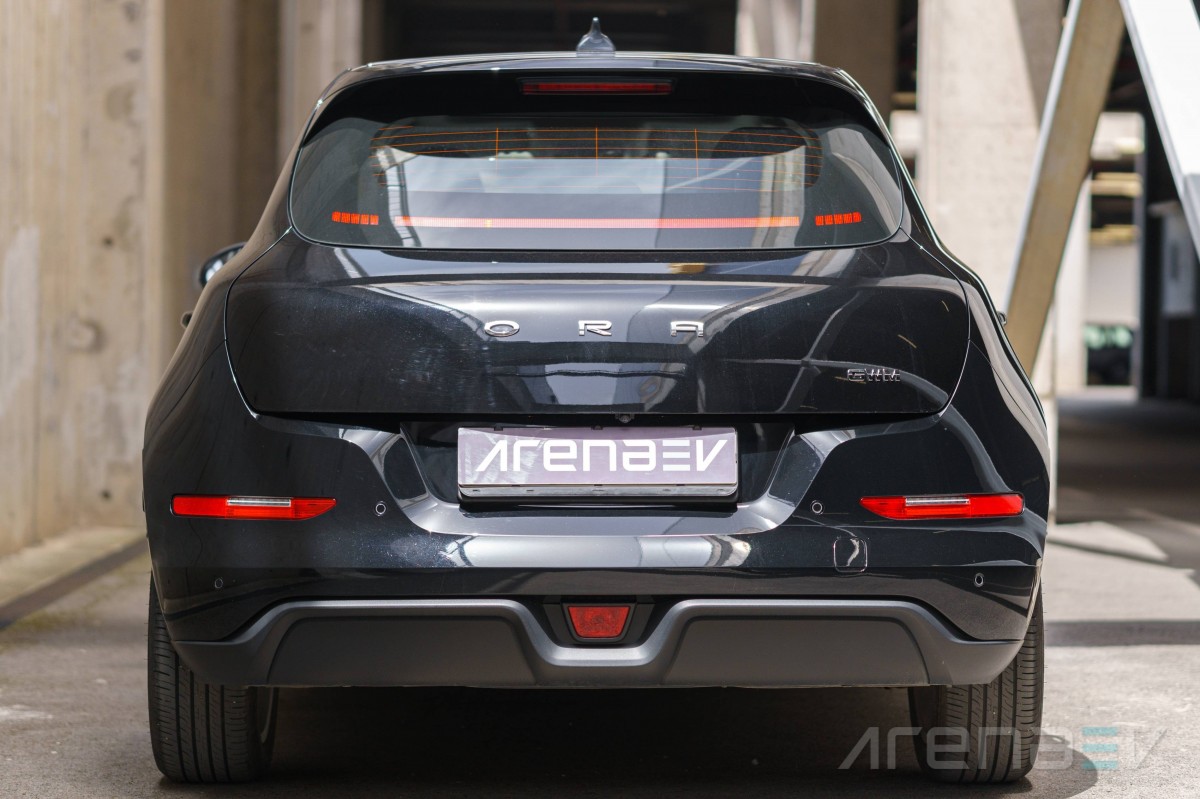
A giant LED bar is all you get in terms of lighting in the back. It is incorporated into the rear window, making it almost invisible when the lights are not in use. The same housing accommodates the turn signals and the brake lights, only the third brake light sits at the top of the window.
There's a huge ORA label in the middle of the back. This makes the rear appear empty, but also nicely simplistic.

The lower part of the rear has an accent resembling an F1 diffuser, but that's obviously just for show. Not that you'd need one in a car with such power figures.
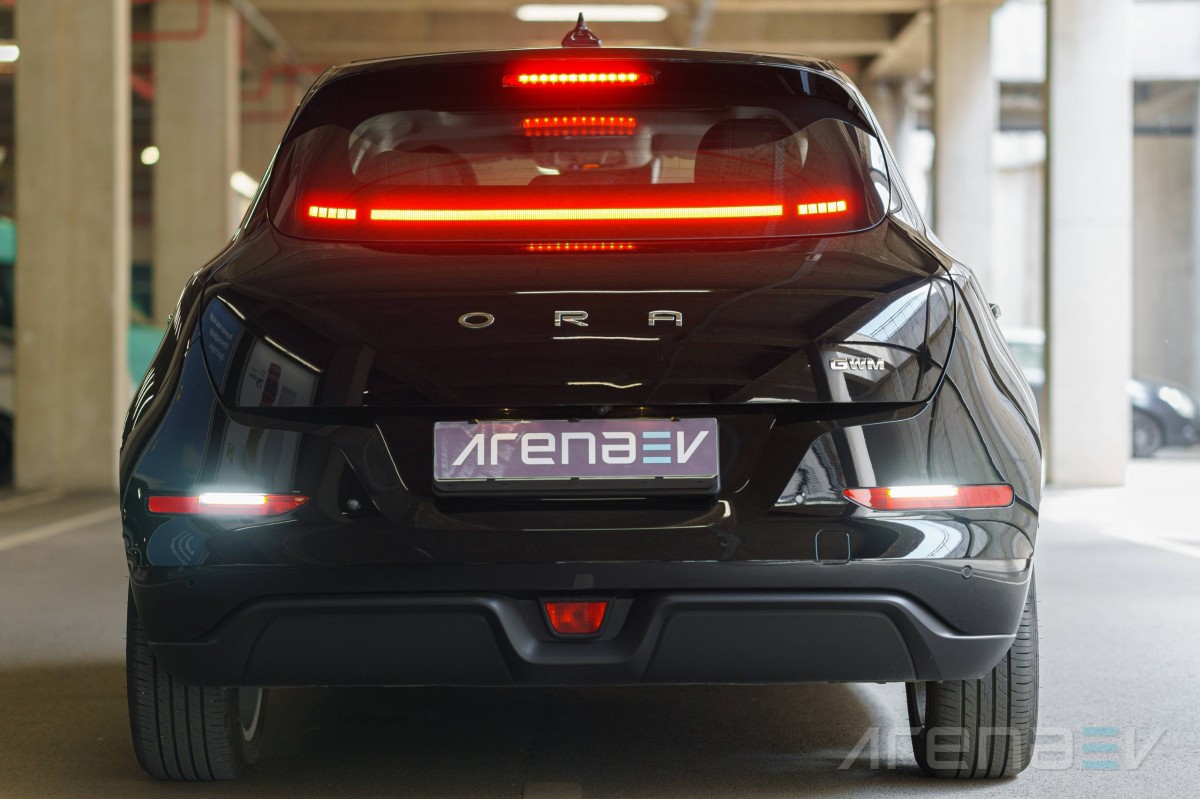
Interior
The Ora Funky Cat features a modern cabin with plenty of cool features and a surprising amount of space. The majority of materials are nice, with just a few cheap and squeaky plastics. The interior design is fitting for a much pricier vehicle. You can opt for some bold and bright colors like red on red and tan or green on green, making the Funky Cat even funkier.
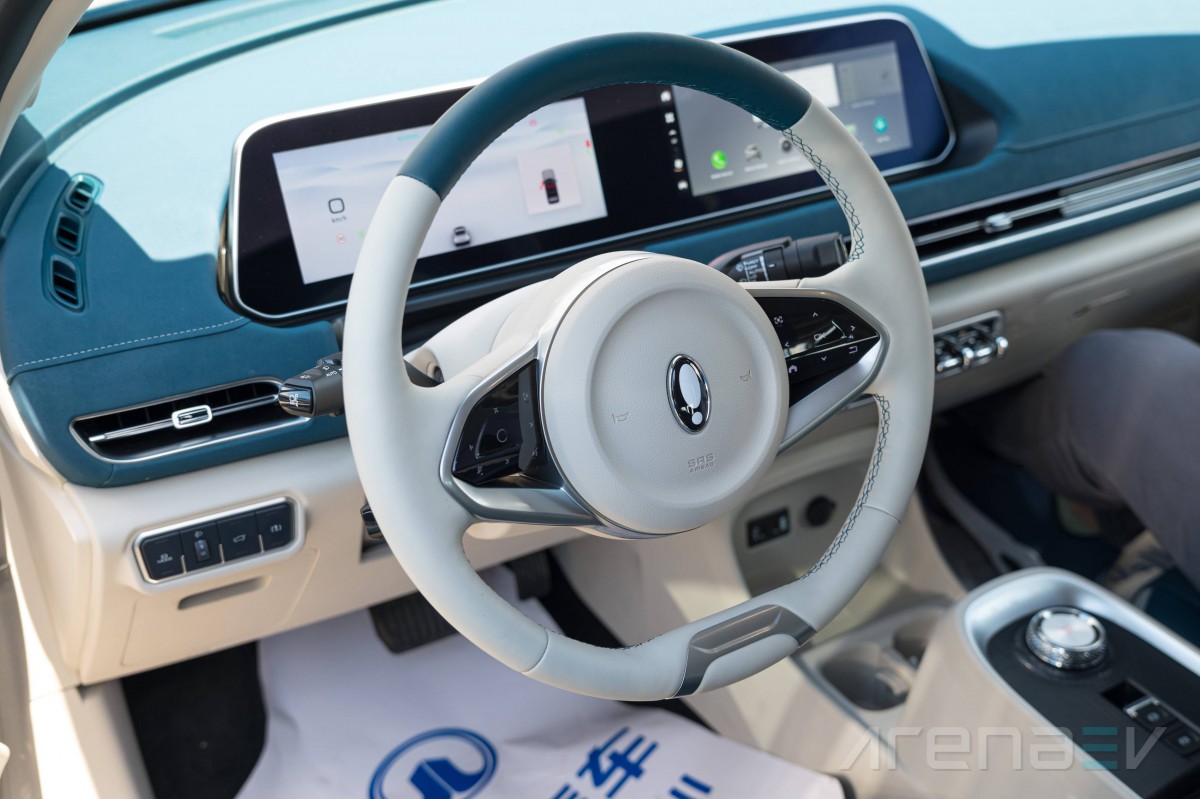
When you first enter the Ora Funky Cat you're facing a big round steering wheel with only two spokes and the exclamation mark logo in the middle. The buttons on the steering wheel control the stereo and the gauge cluster readouts. Sadly, the updated version of the Funky Cat has touch-sensitive buttons in comparison to the older models, which came with regular ones. These new modernized buttons don’t work too well, making it exceptionally hard to press the one you want. It gets frustrating easily and should be addressed as most of these controls are being used on a daily basis.
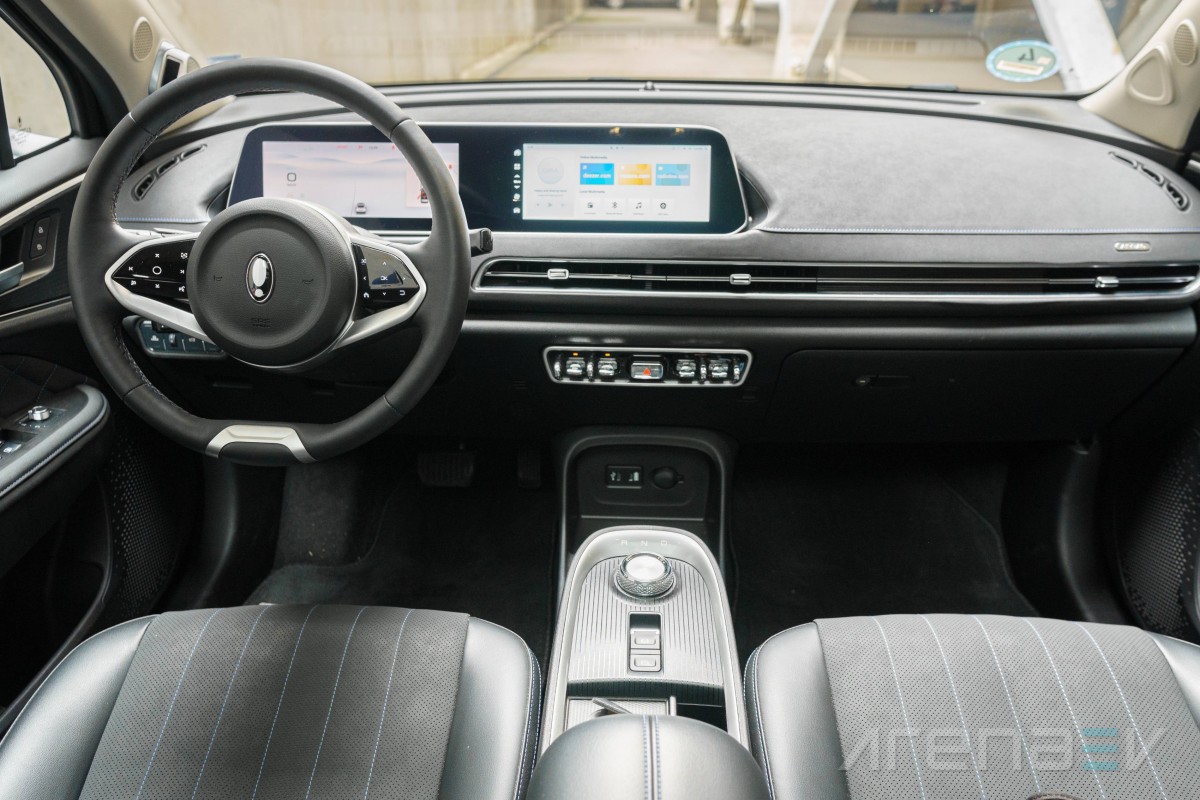
A clever integration is the addition of programmable "favorite" buttons on each side of the steering wheel. You can select from multiple different options for those buttons, eliminating the need for menus scrolling for your most frequently performed actions.
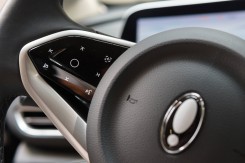
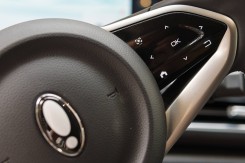
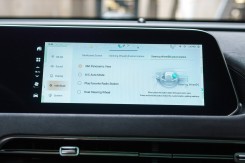
The buttons may not work well, but at least you can customize two of them to your liking.
Behind the steering wheel is the digital gauge cluster. It is part of a single unit that also houses the multimedia screen in the middle. It has excellently high resolution and all the readouts are sharp and easy to read.
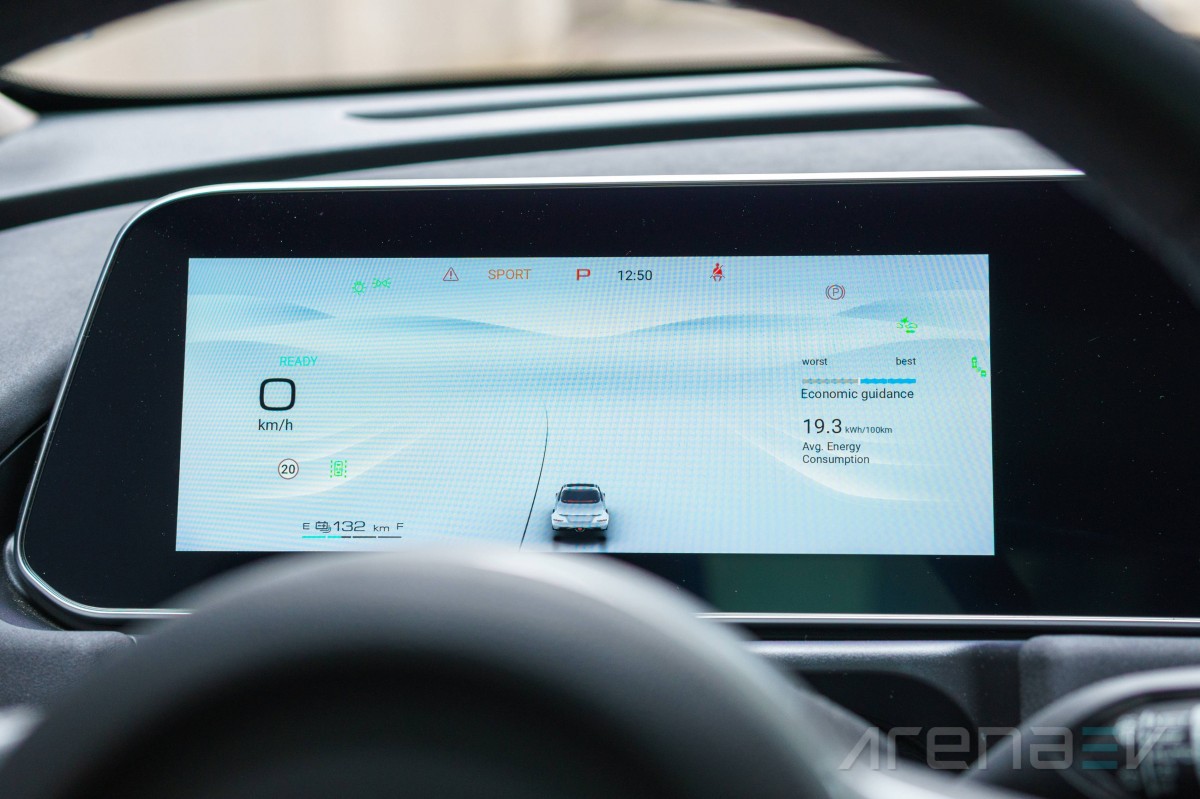
To the left of the steering wheel, mounted on the A-pillar is a sensor array that monitors the interior of the Funky Cat. It tracks the driver and signals if it detects lack of attention to the road. It also monitors the seats for forgotten items or people when leaving the car. This is a safety precaution measurement that will become increasingly more popular in newer vehicles as time goes on.
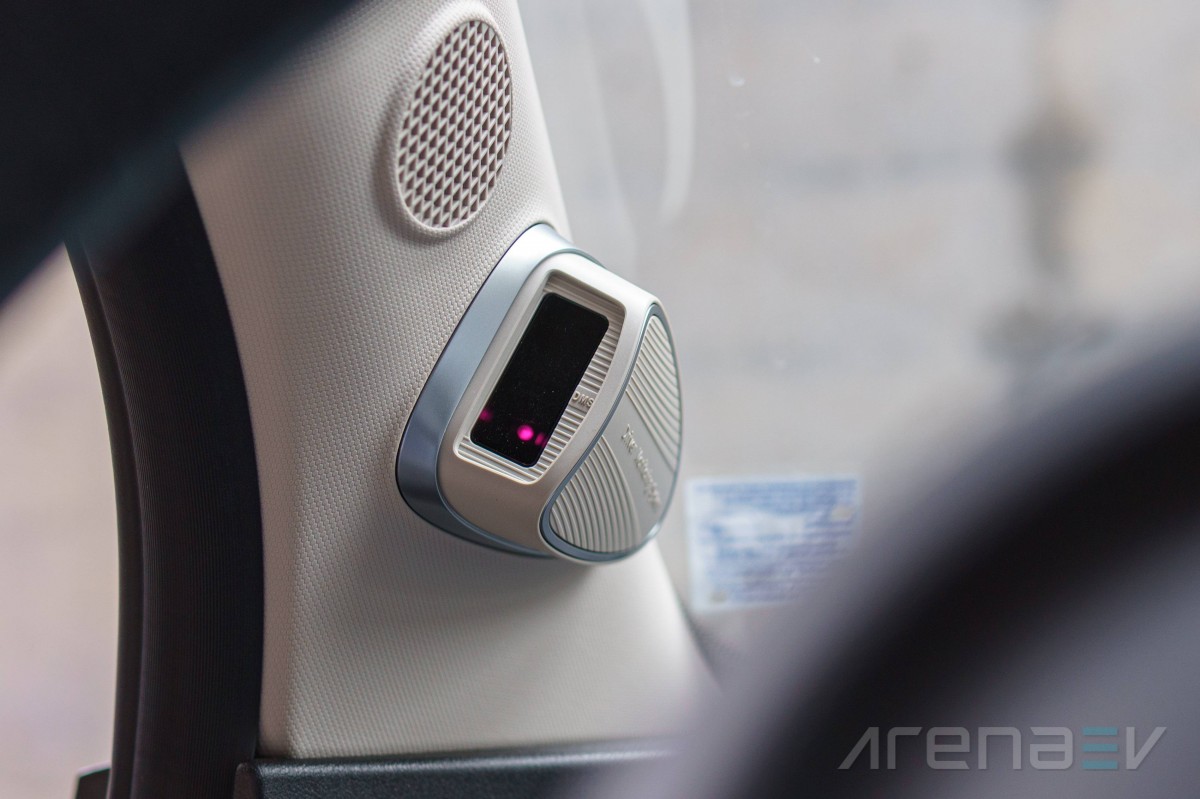
The center display is a 10.25” touchscreen that has great responsiveness and little to no lag. The bezels are quite big for modern display standards and make the screen appear even smaller than it is, but its usability makes up for that downside.
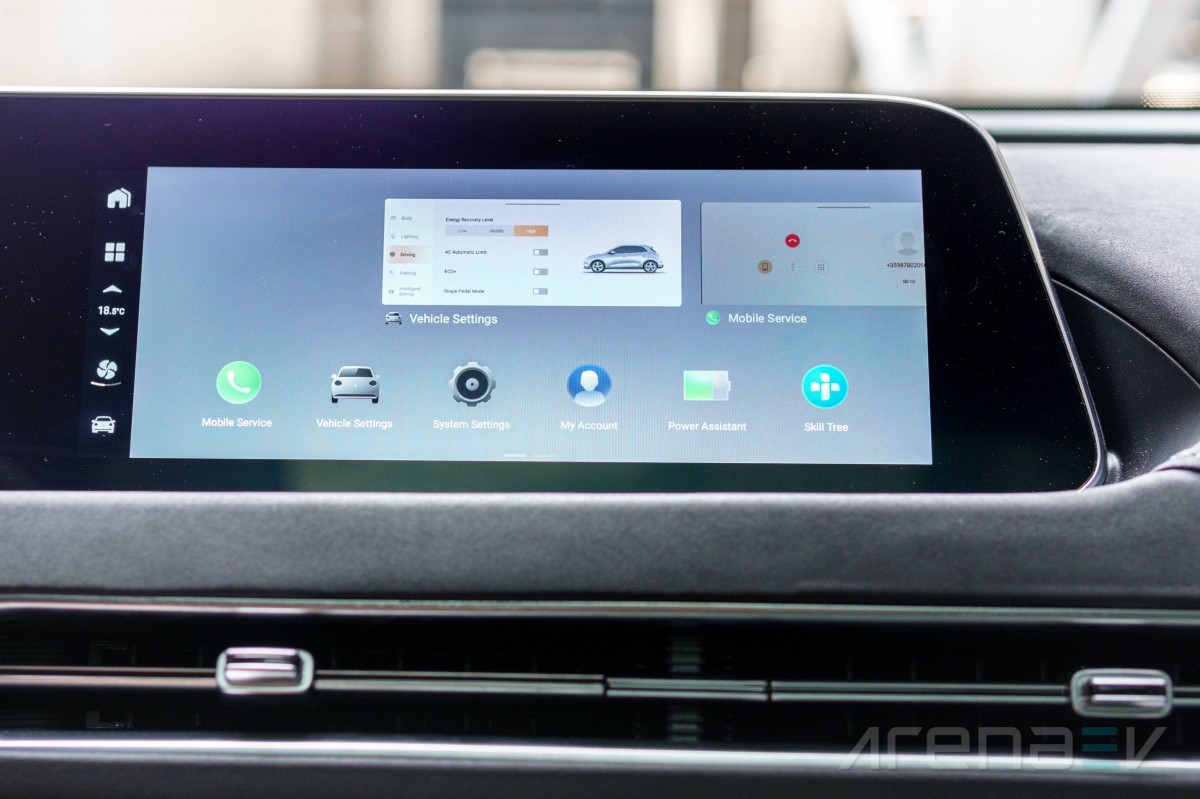
Below the screens is a chrome climate vent spanning the entire dashboard, creating an upmarket visual experience. Touches like this one are a major selling point for the Ora, helping it stand out in a positive way.
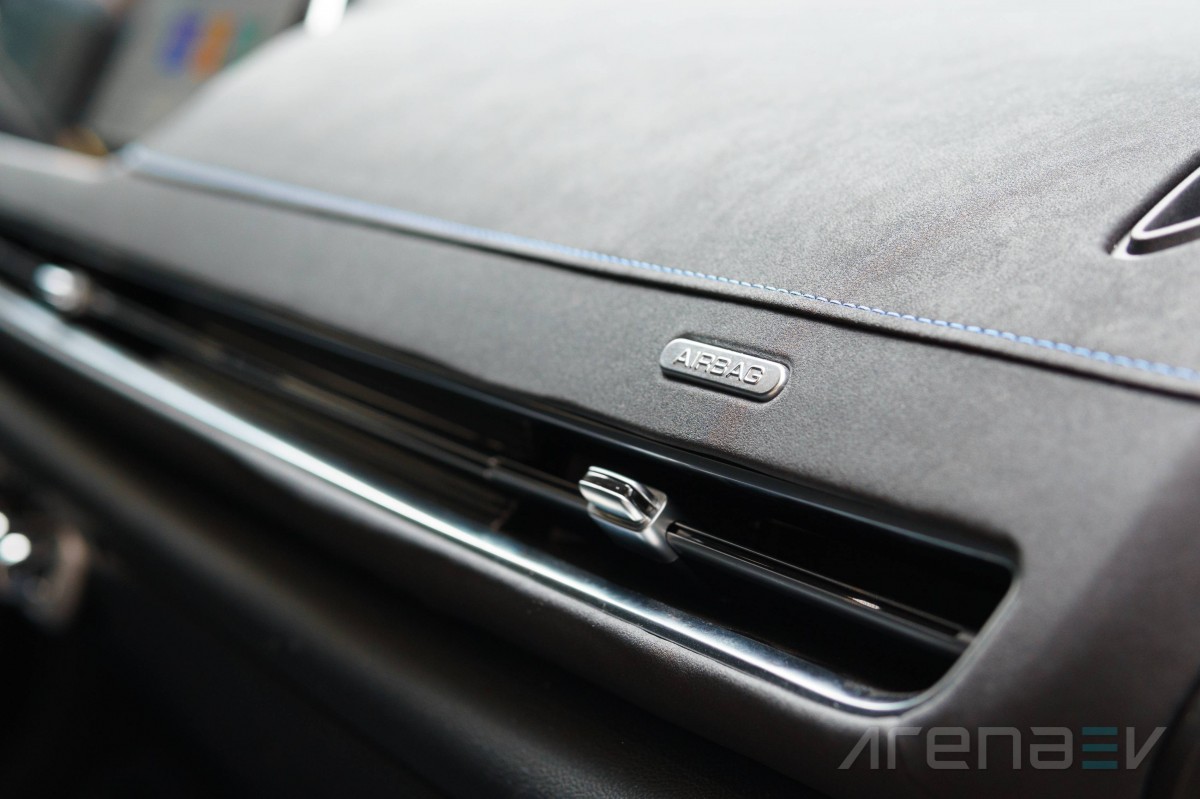
The center console is occupied by five giant toggle switches - another element highly reminiscent of a Mini car. Here these buttons have different purposes. They control the climate controls and hazard lights. The whole panel looks fitting for the extravagant design of the Funky Cat and amplifies the attention to detail put into the car.
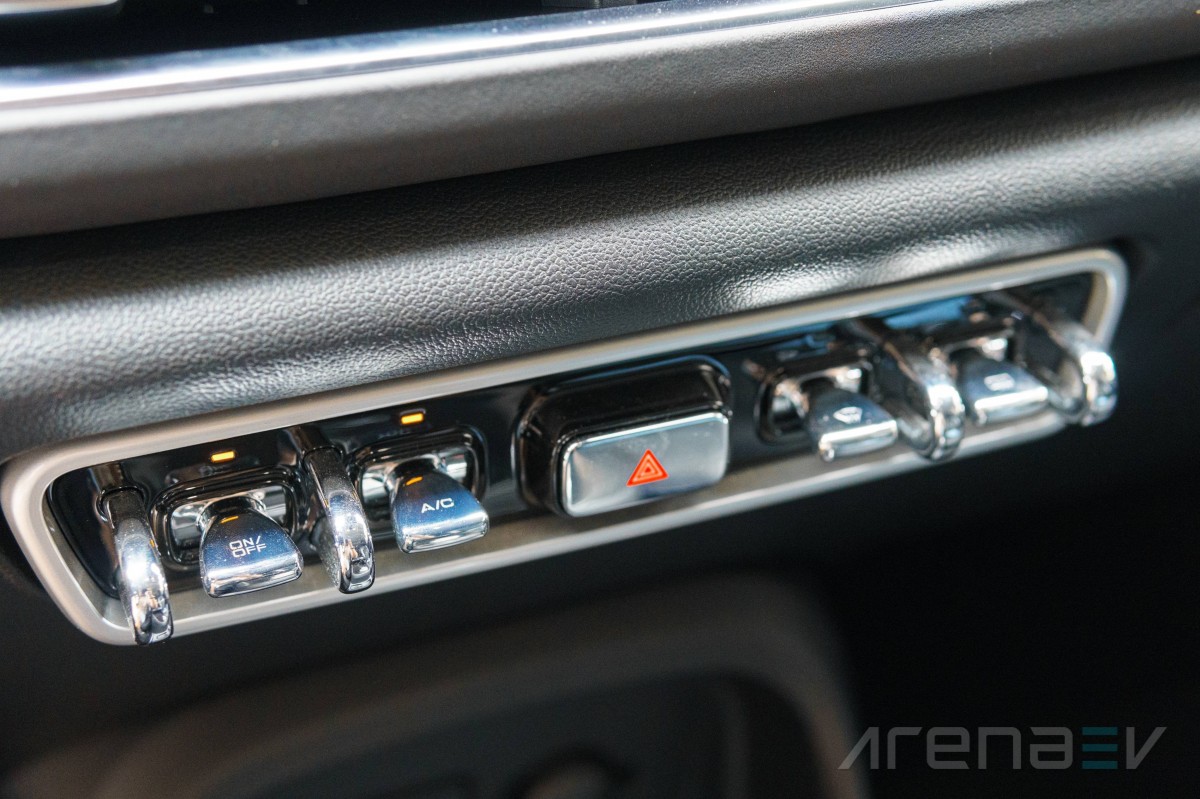
The lower part of the center console is empty storage space with two USB-A outlets and a cigarette lighter style plug. It is slightly disappointing that there are no USB-C chargers on-board, making the Ora outdated in that regard. The cup holders can fit pretty big items, but are mounted almost on the floor, limiting their usability.
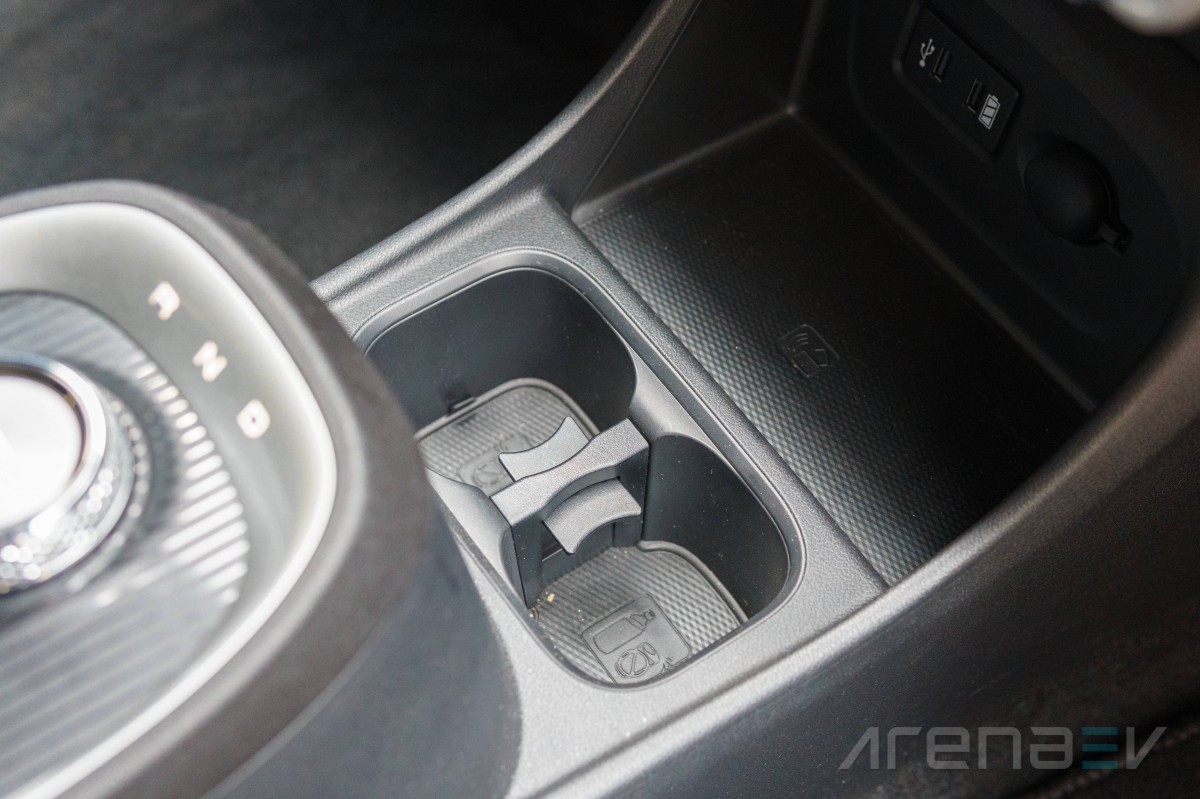
The middle console and armrest are a single unit, with a prominent gear selector dial in the center, encrusted with crystals. It continues spinning even after you’ve reached the final position, meaning it’s hard to know if you've selected the correct gear without looking. The selector also lacks heft and using it is not as pleasant as its looks suggest.
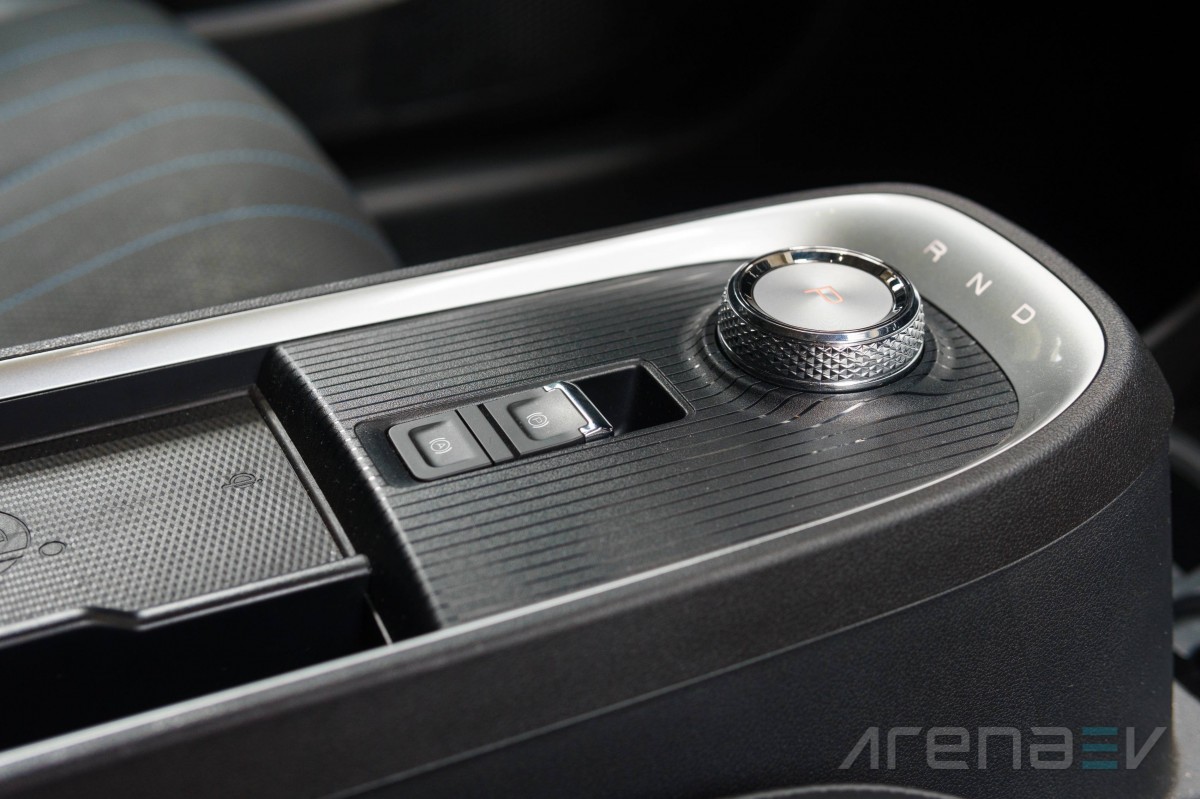
The seats of the Ora Funky Cat offer almost no side support, but are soft and offer seat heating, cooling and even massaging functions. Those are functions you can rarely find in this price range, or even the class above it, and the Funky Cat deserves credit for including them as standard.
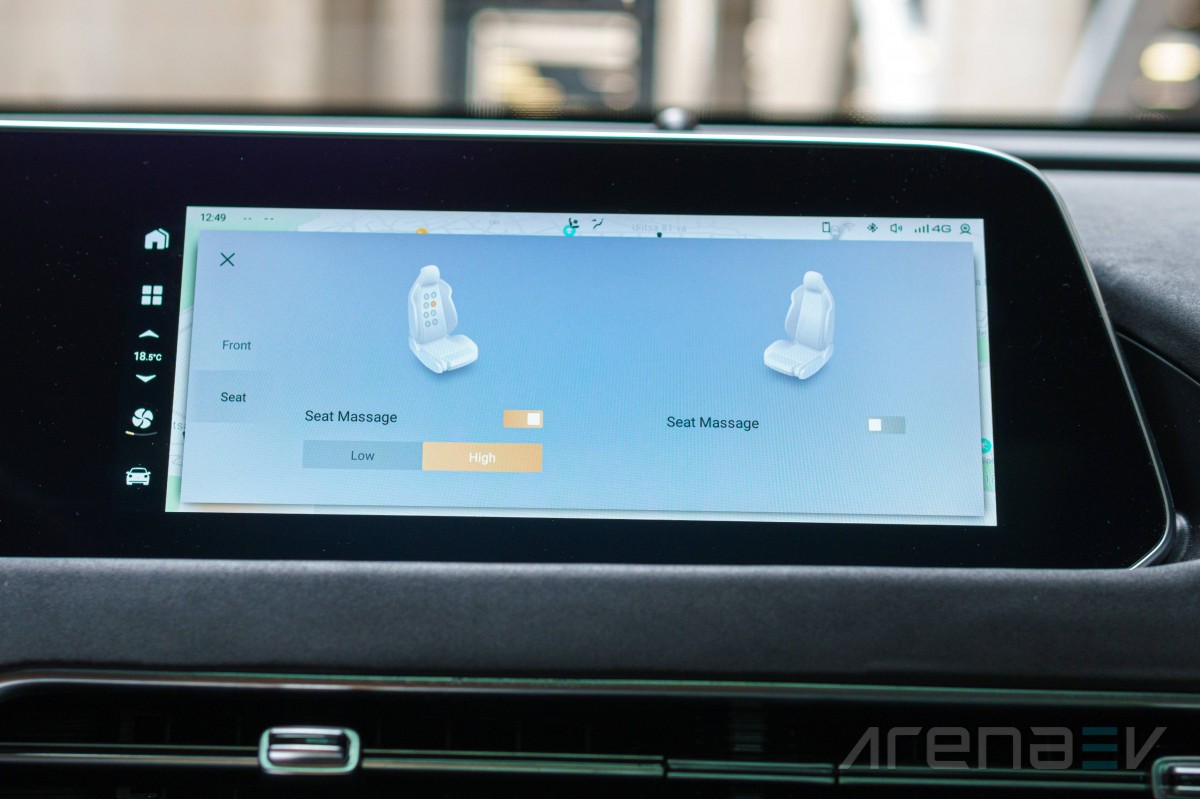
Both the seats and the door sills have quilted leather details and bring in a cozy feeling to the interior. Sadly, at night there is no ambient lighting and the cabin feels dark and unimpressive. Only the center screen lights up, which while par for the course in the class, is not inline with Ora's attempt to position the Funky Cat at a lifestyle product.
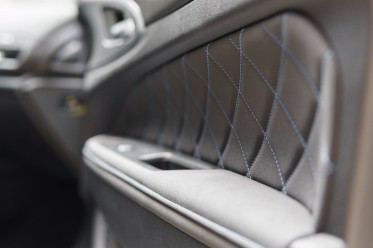
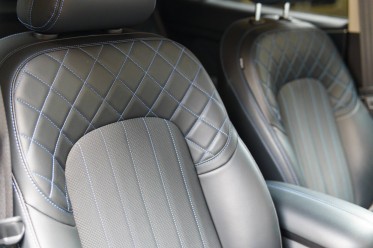
Quilted leather dominates the interior.
The rear seats offer the same design and materials, but little in terms of functional elements. All they get is an armrest with two cup holders and a single USB-A outlet. There are no climate vents, let alone rear climate controls.
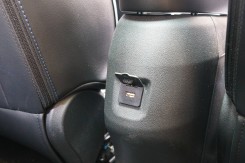
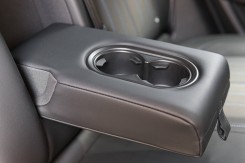
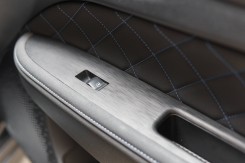
The rear passengers get almost no amenities.
Space in the back is generous, however. There is plenty of leg and headroom and even our 1.95 m (6’4”) tall reviewer sits comfortably with loads of space to spare. This will be appreciated by both larger adults, as well as parents with bulky car seats, making the Funky Cat a fantastic baby hauler.

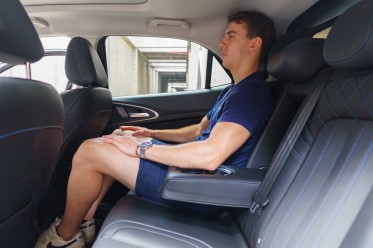
The rear seats offer generous space.
Storage & practicalities
Storage space is very limited in the Ora Funky Cat. The car prioritized interior space and the trunk capacity is merely 8.1 ft³, which is tiny even for this size. Also, the trunk liner is very high off the ground, making it harder to load heavy objects.
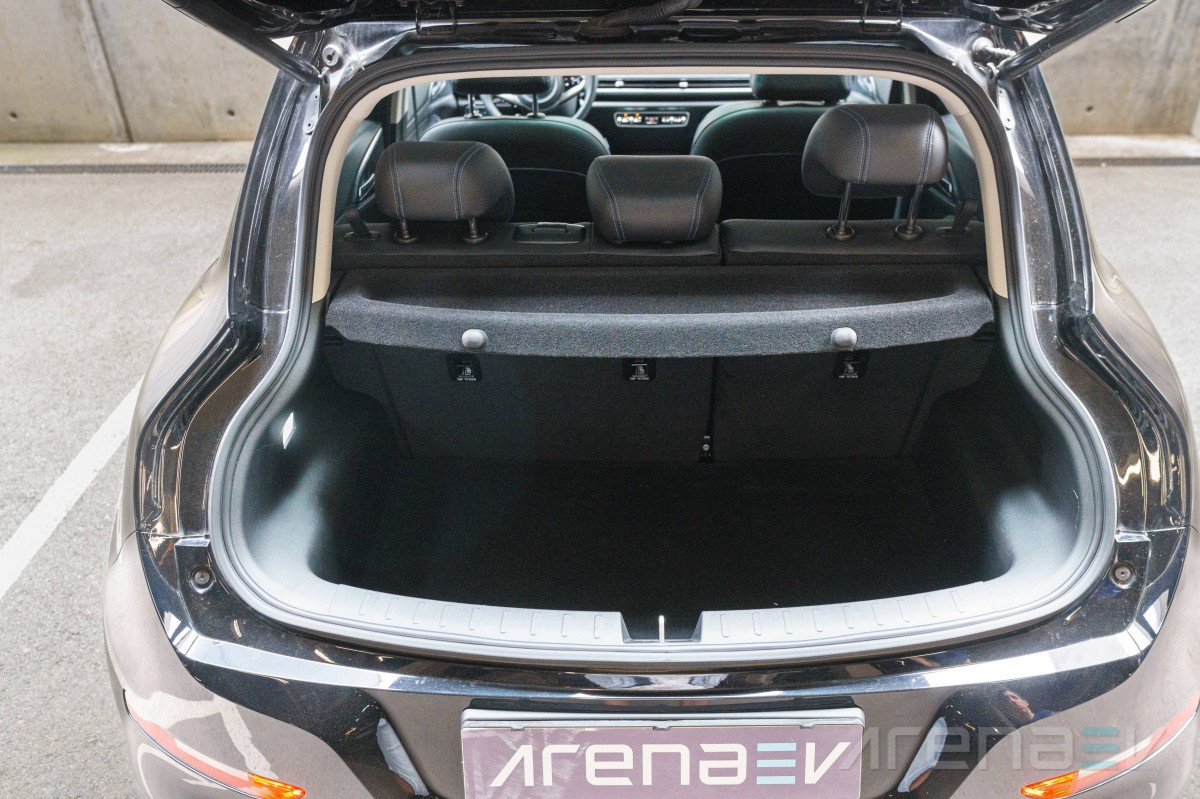
With the rear seats down the Funky Cat can fit up to 30.3 ft³ of cargo. However there is a huge step between the trunk floor and the seat backs, so it's hard to utilize the space fully. Space underneath the floor cover is minimal and can only hold up a few items like the charging cables.
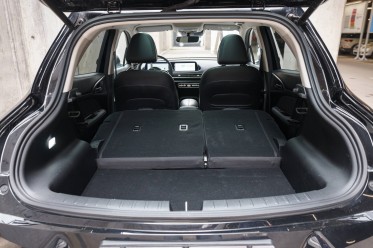
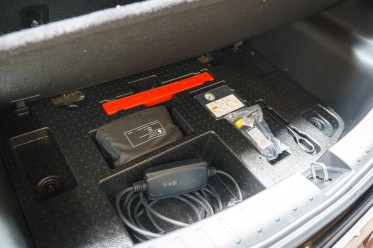
The trunk could benefit from more space and storage pockets.
There is no frunk (front trunk) in the Ora Funky Cat, further limiting its loading potential.
Driving experience
The Ora Funky Cat handles fantastically and thanks to its low weight and low center of gravity tackles corners with confidence and ease. However, it leans a lot and has significant body roll, which is unpleasant, even if the car stays planted and predictable.
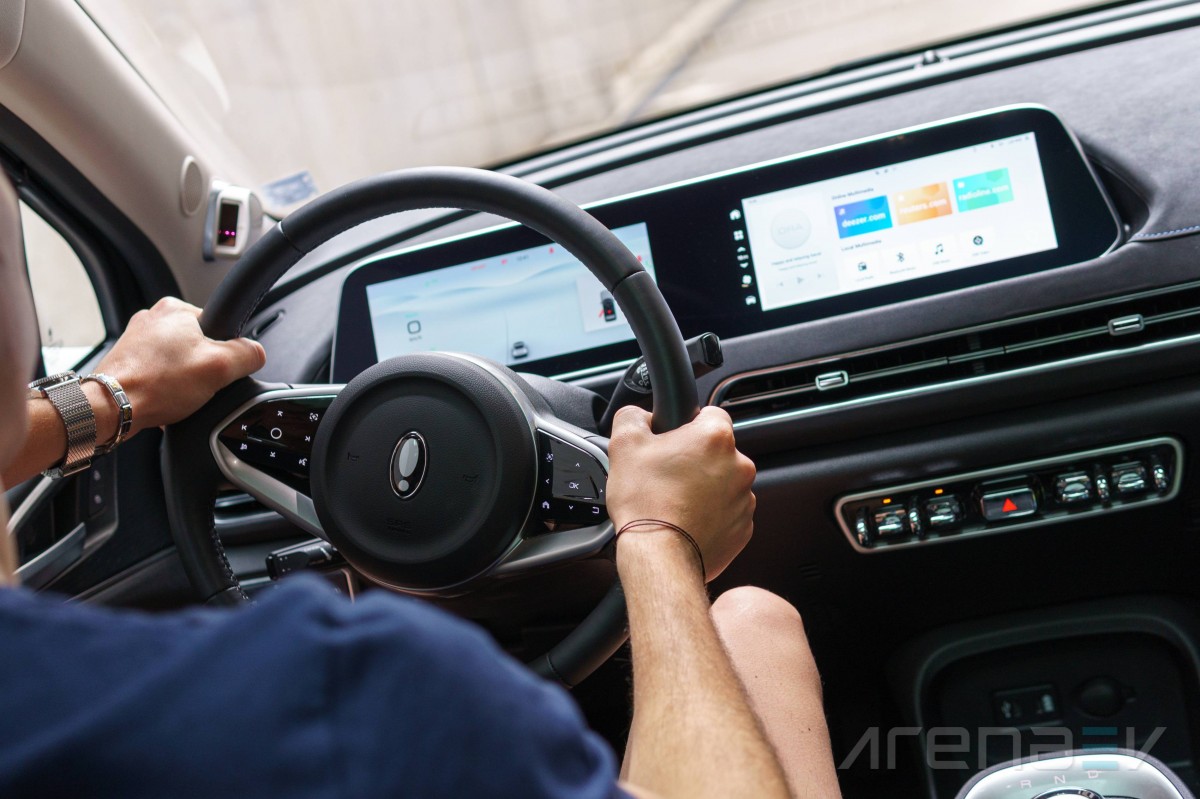
The Ora is also smooth and comfortable when going around the city, allowing you to relax behind the wheel. Even in sport mode, comfort remains its main priority and you can enjoy a soft and smooth ride wherever you go.
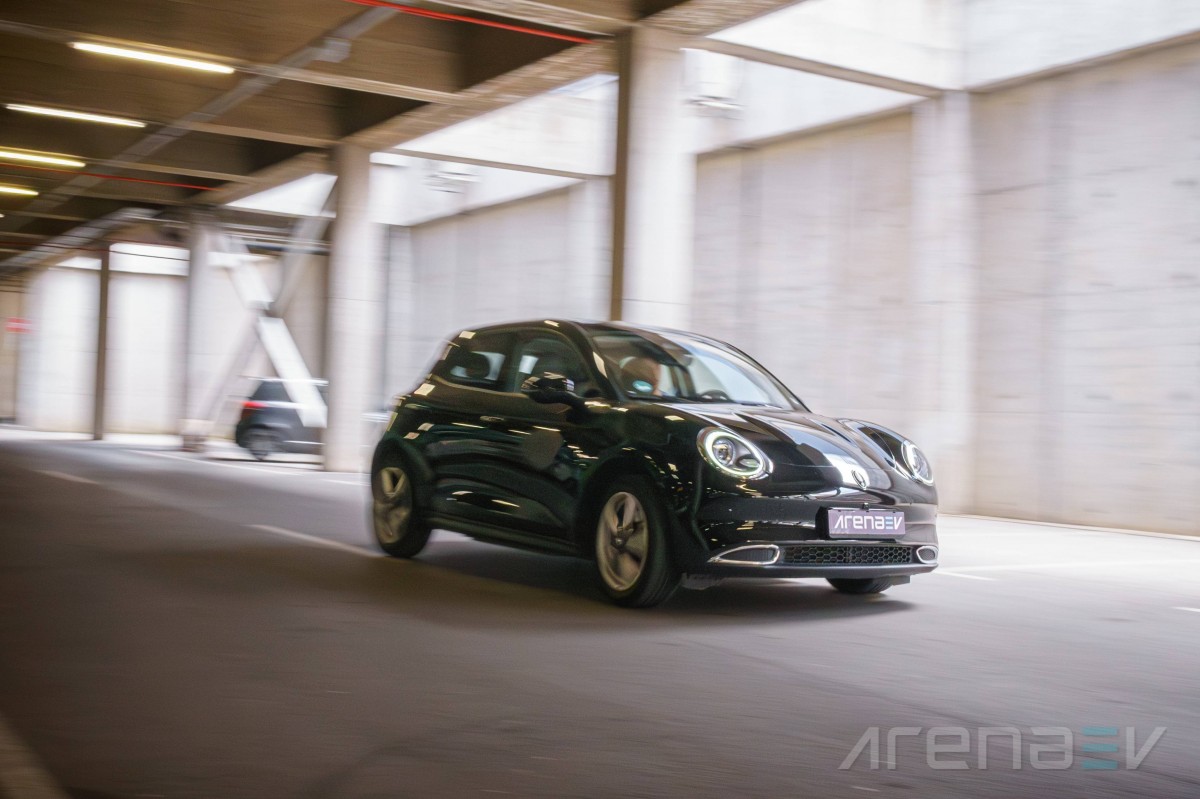
The downside is the steering wheel give little to no feedback. That's the norm for city-oriented vehicles, but in this case it's probably taken too far and you can barely tell what's going on below the tires.
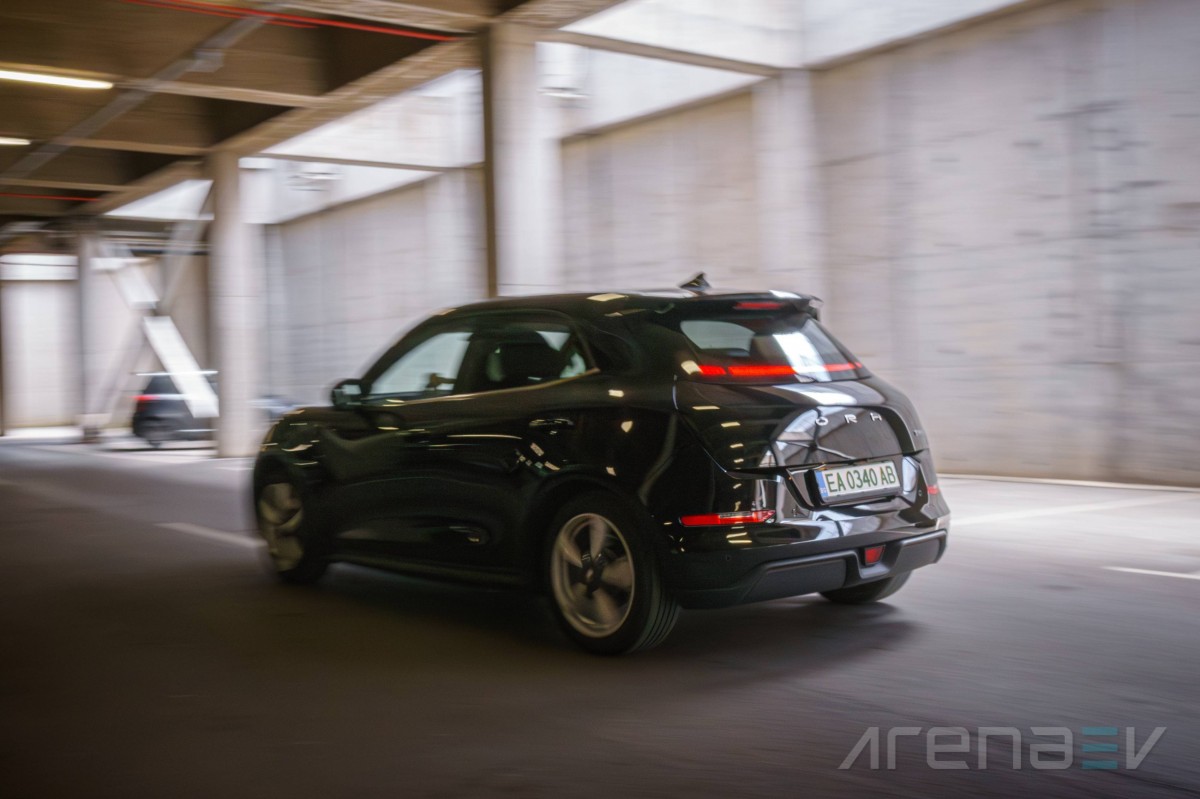
Controlling the different drive modes happens via a button to the left of the steering wheel, which is an incredibly unorthodox placement. Yet the way it works is pretty conventional - you just press the button and the modes change. The interesting part is that each mode comes with its own chime and when you engage sport mode, a sound like an engine starting can be heard. The rest of the sounds are quite happy and joyous, much like a children's to.
Maneuverability is not impressive as the motor sits between the front wheels and takes up a lot of space. You also have to turn the steering wheel a lot to actually move the wheels in your desired direction. U-turns and narrow parking squeezes can become a chore and the competition does a much better job in this department.

We also experienced a few electrical failures while driving, which shouldn’t be the case in any new vehicle. The most significant one is that the Funky Cat simply turned off while we were in a traffic jam and failed to go back into gear once we turned it back on. This required multiple restarts, as well as locks and unlocks of the Ora, until it eventually turned back on and started driving as if nothing ever happened. This all happened while we were holding up traffic behind, making for a less than pleasant experience for not just us, but also a number of other drivers.
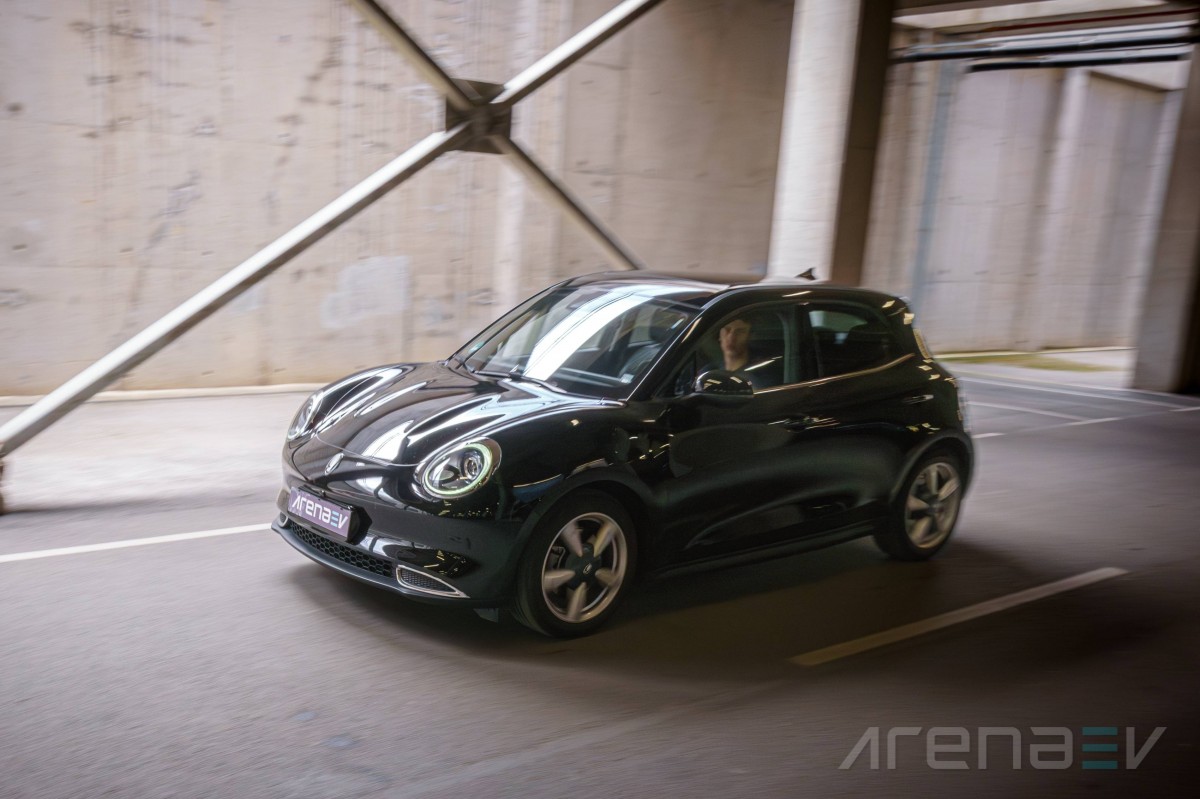
Another issue we had was that the built in navigation started couldn't correctly identify our position. It started off by placing us on the next street to where we actually were and gradually progressed to placing the arrow in a completely different city, more than 25 miles from our location.
Back to more positive aspects of the Funky Cat - you can permanently turn off lane keep and speed limit assists. They are very annoying and constantly beep with a high pitched frequency when turned on, so we can imagine most people will take advantage of the option to disable them for good.
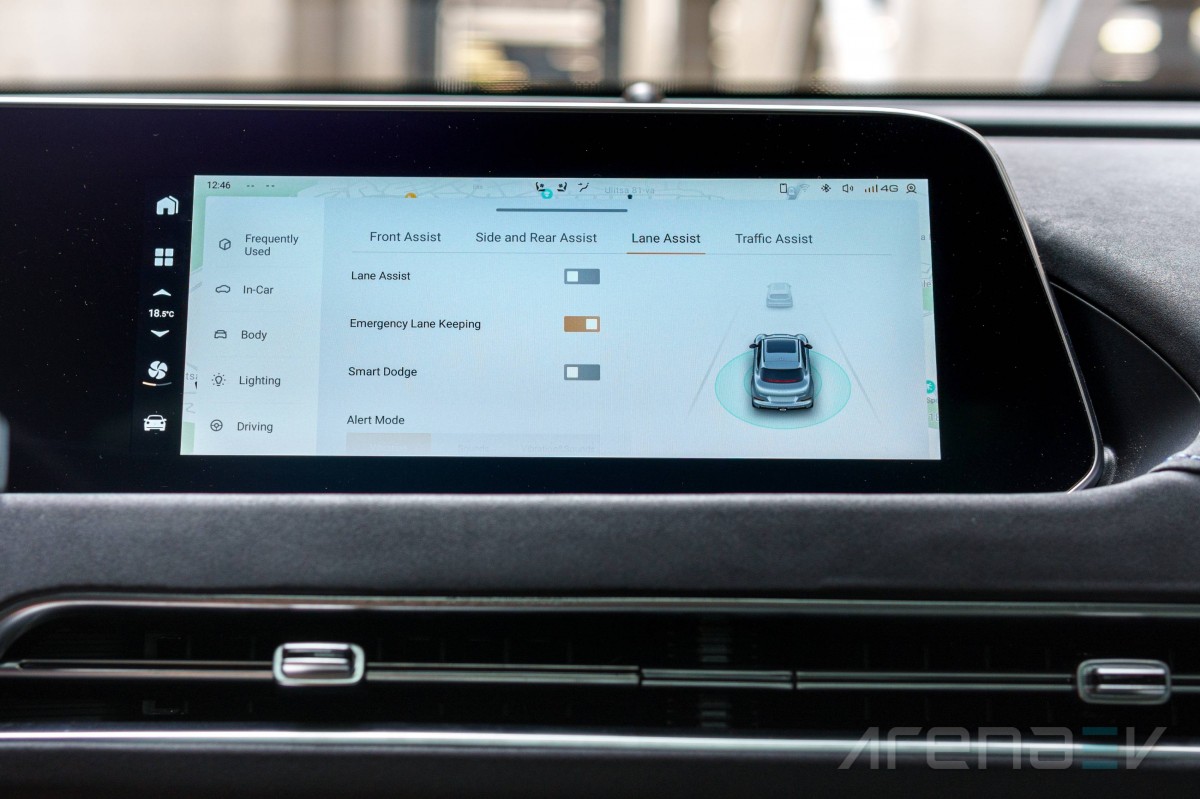
Tech features
There are no groundbreaking features available on the Funky Cat, but there are plenty of features that competitors either lack altogether or only offers as pricy options. Ora makes the entire feature set available as standard, meaning customization is only about picking the battery size and colors. However, not all features work as well as they should - bugs and glitches were a daily occurance while testing the Funky Cat.
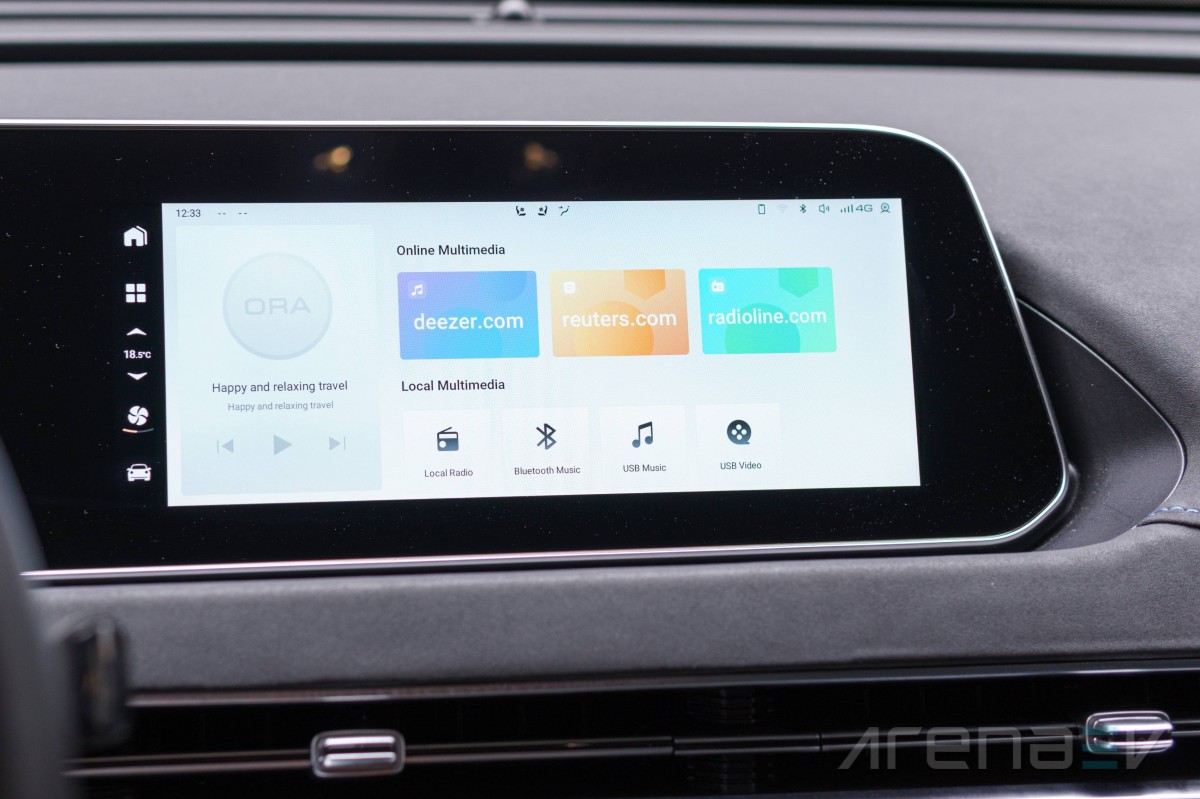
A welcome show displays each time you enter the Funky Cat after it's been locked and it shows a couple of koi fish "swimming" around both displays, which brightens up the mood.
The multimedia display handles the majority of features the Funky Cat offers and this sometimes proves somewhat annoying as you have to press multiple times in order to select a basic function like seat heating, or even two more presses to turn on the massaging feature.

All the climate control functions are also hidden in a submenu, but luckily there is a row of quick buttons to the left of the multimedia that always remains in place. You can easily make quick adjustments to the climate control, but if you want to control something other than the fan speed and temperature you have to dive into the detailed menu.
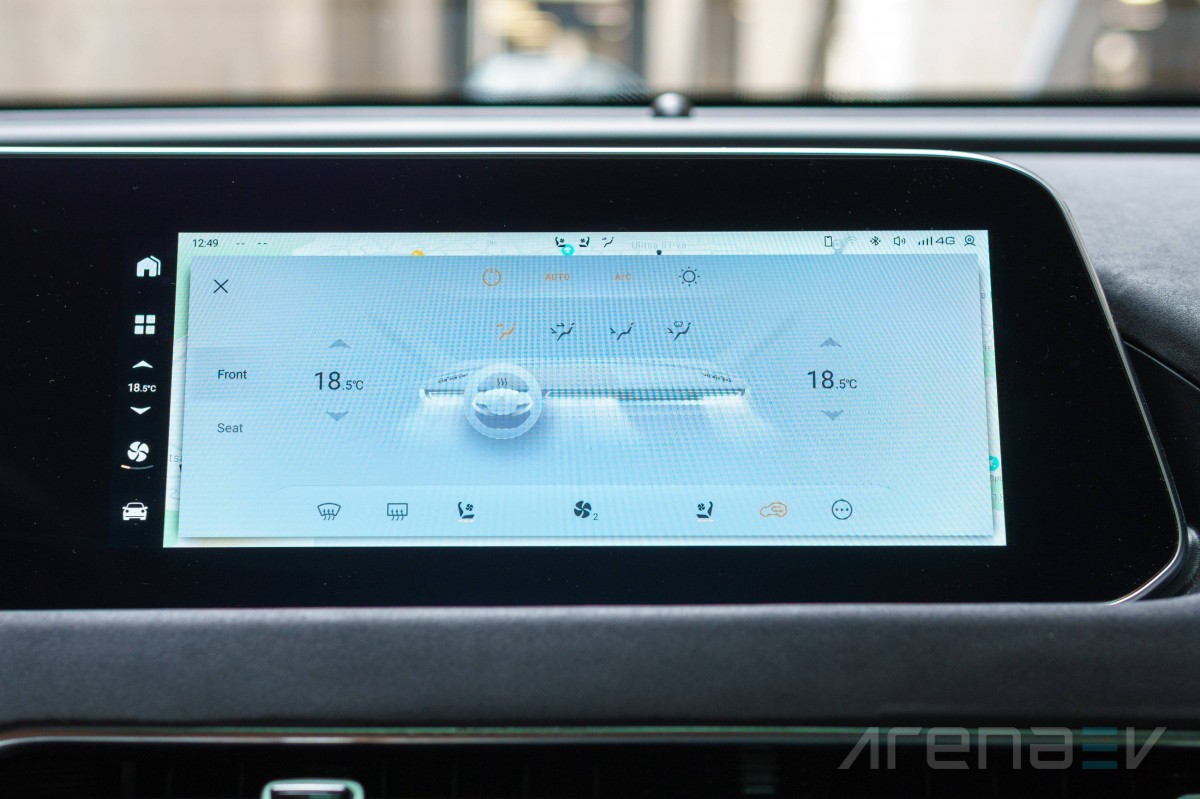
The main menu hosts a set of shortcuts for the different settings, which is convenient with the general lack of regular buttons. Above the shortcuts, on the same display, there are also frequently used menus that you can easily access at all times.

Connectivity is limited as there is no Apple Car Play or Android Auto available at this point. For now you only get Bluetooth connectivity and some built-in applications like the Reuters website, Deezer and Radionline.
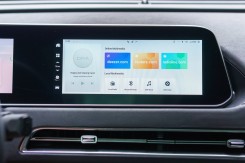
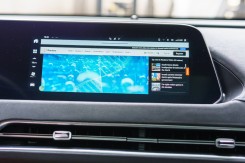
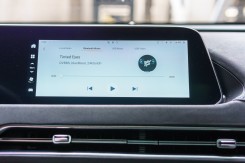
There is no Apple Car Play on-board.
There is an interesting diagram that shows the Funky Cat’s options provides information about each one. It is an unorthodox choice for what is essentially the user manual, but it's done more like a game, encouraging the owner to learn what their vehicle offers.
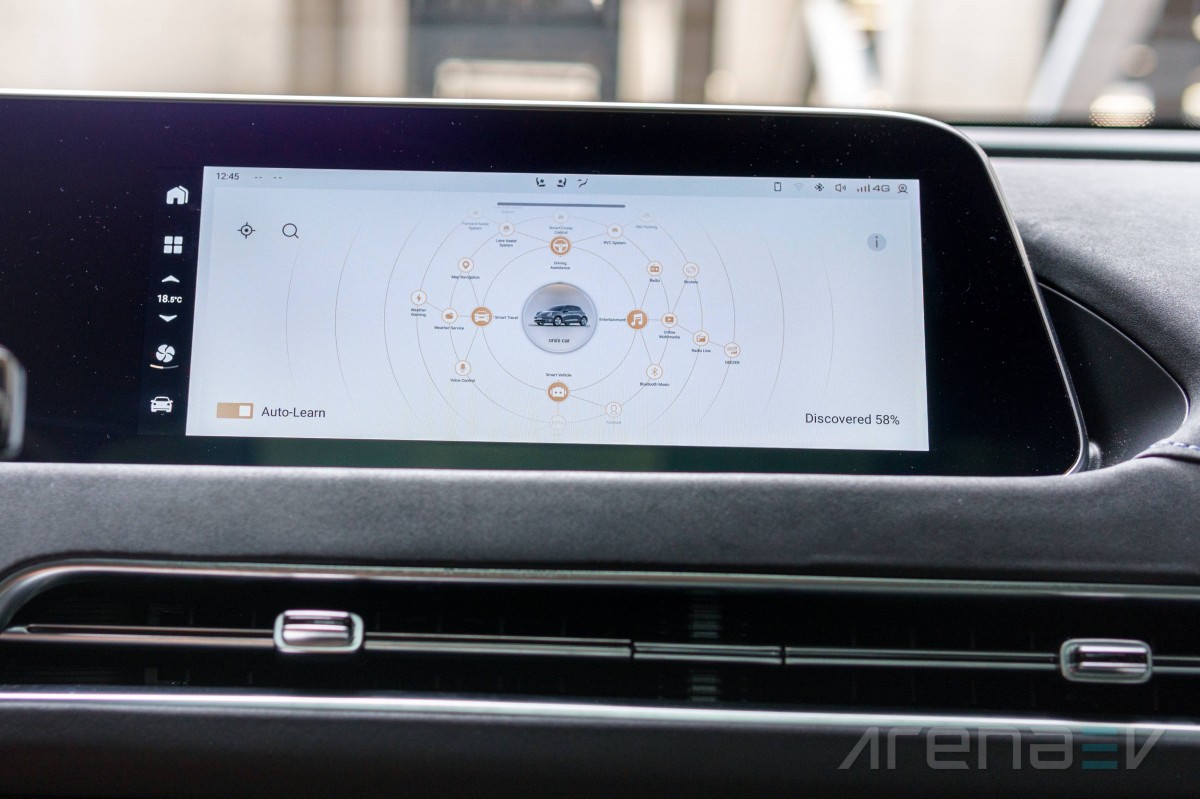
As we mentioned, the navigation had issues identifying our position, which in turn caused problem with navigation. But even worse, the general design of the navigation system is complicated and littered with unnecessary information, making it hard to see the important bits like where you need to turn.
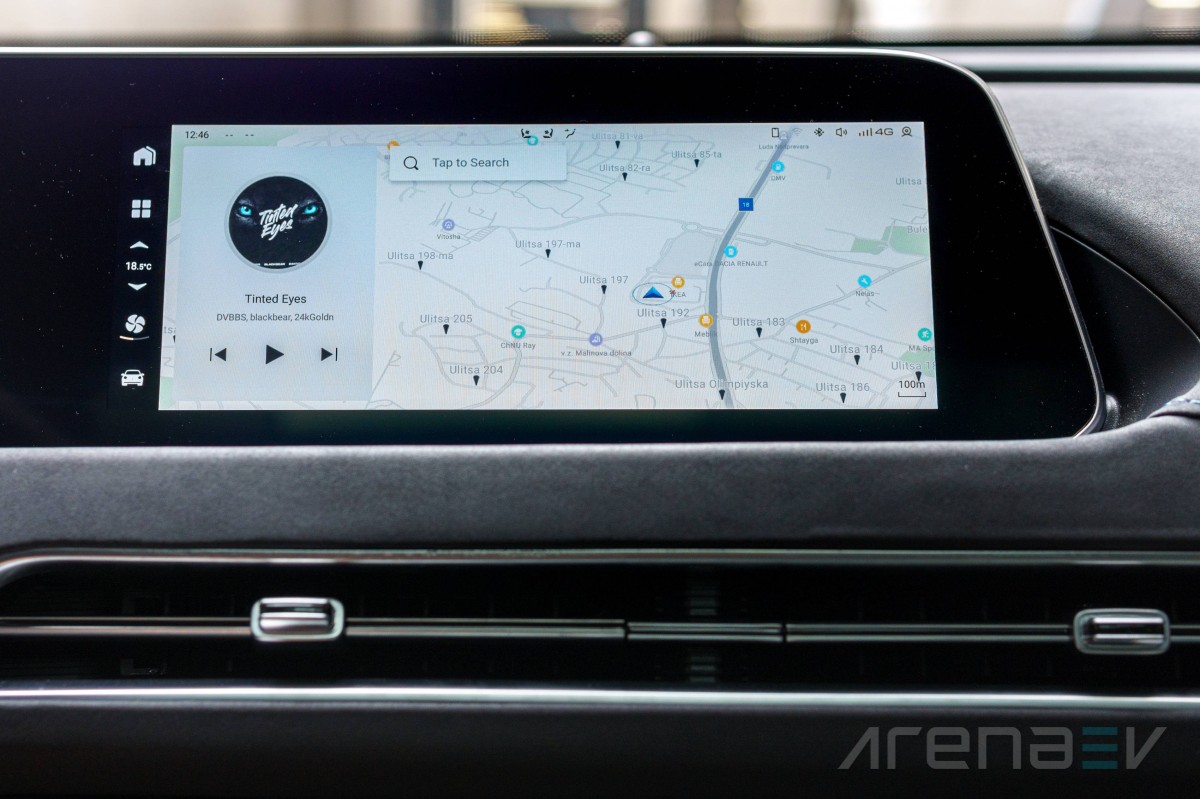
One fantastic feature of the Ora Funky Cat is that it has a 360 camera with perfect visibility. The image is crystal clear and you can select multiple viewing angles. The car itself even remembers the path you've moved along on and creates a "clear" floor underneath the vehicle, allowing you to evade any possible obstacles you may have forgotten about.
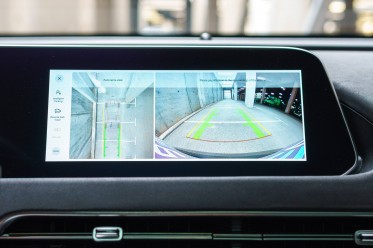
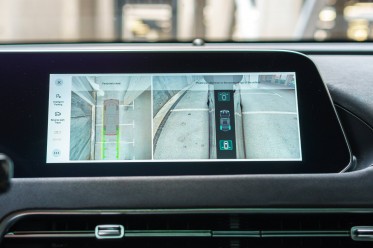
The camera system is as good as it gets.
Another area that Ora has mastered are voice controls, which work flawlessly and as long as the car can actually do what you want from it, you can achieve it by voice alone. All the commands are picked up easily and no matter your accent or how loud it is in the cabin.
The gauge cluster is the same size as the multimedia, however you can only customize a tiny part on the right and all else stays the same at all times. To the left you have your driving speed and other necessary information.

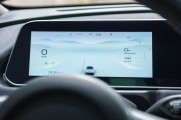
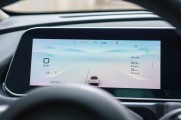
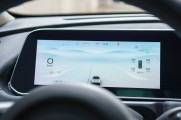
Only a fraction of the gauge cluster is controllable.
The middle of the gauge cluster is dedicated to a lane readout that shows where your Ora is positioned on the road and displays the surrounding traffic. It is a gimmicky feature that some modern vehicles have, but in this case it doesn't really work well and often stacks multiple cars on a pile as though you're in some sort of horrible pile-up.
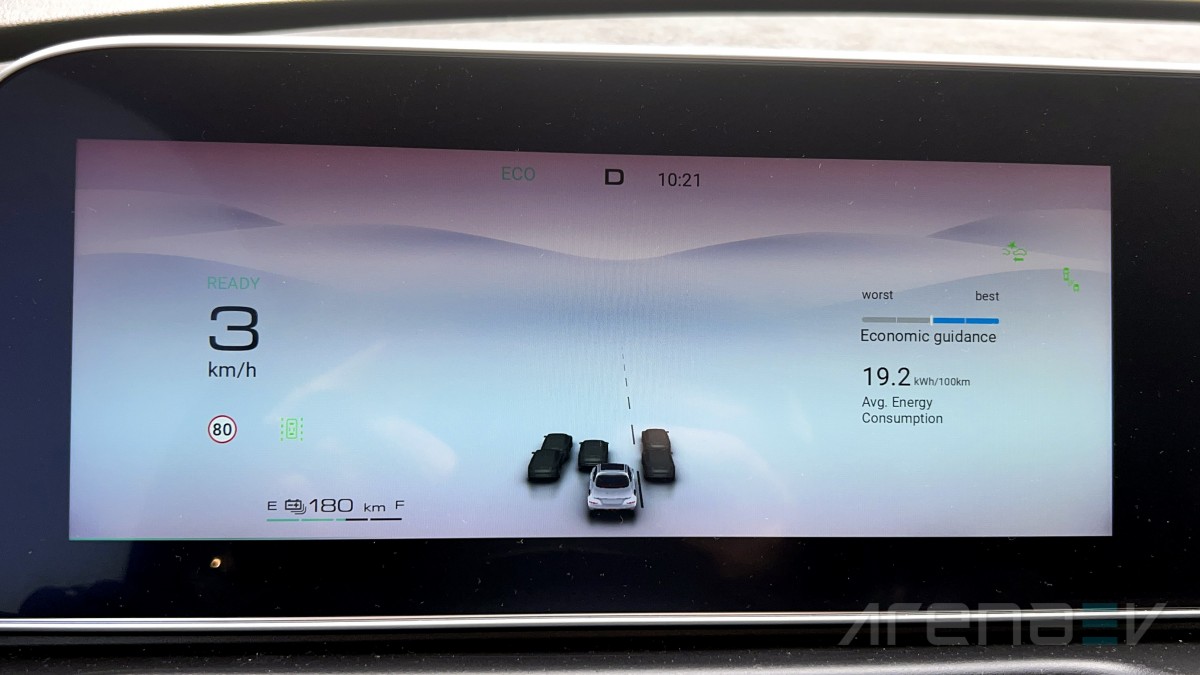
Ride comfort
The ride of the Ora Funky Cat is perfect for a car that is predominantly aimed at daily city driving. It is comfortable inside thanks to the long spring travel, as well as the low body weight. This results in smooth crossing over big and small potholes with low amounts of rebound after impact.
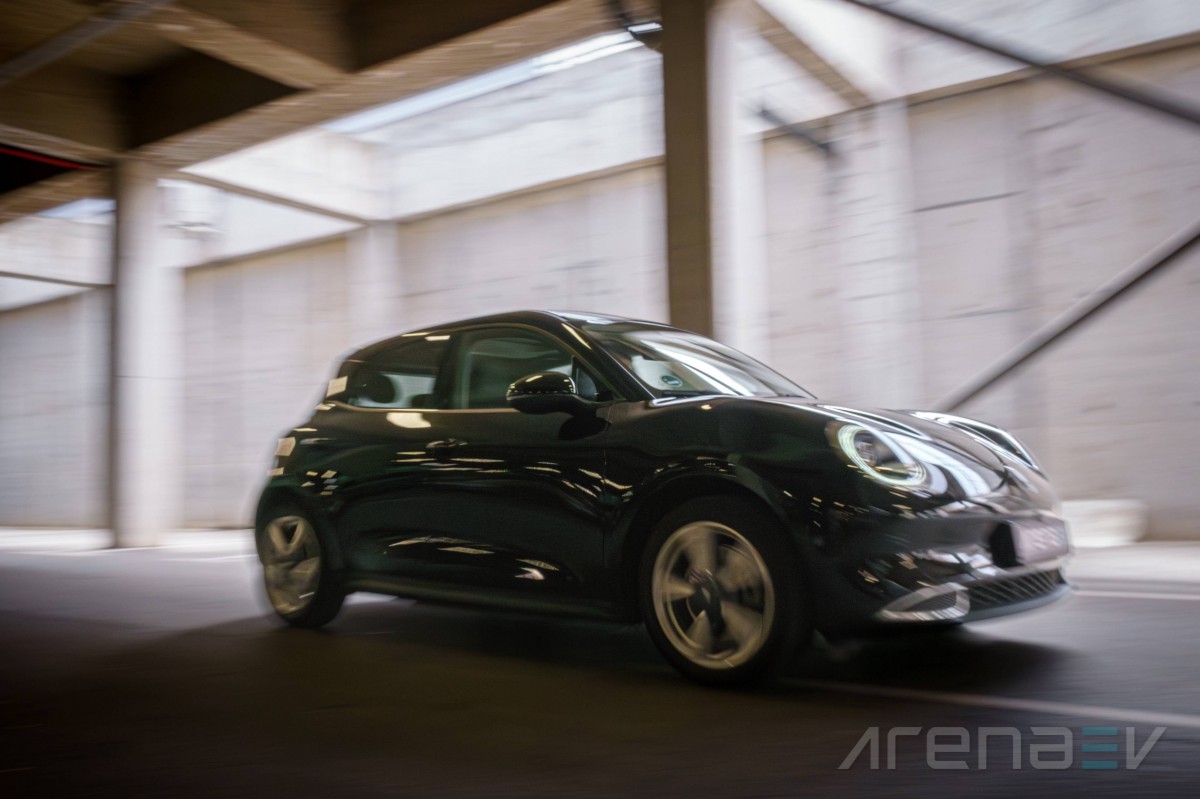
Cabin noise
The cabin of the Ora Funky Cat is very well insulated, creating a cozy atmosphere inside. At higher speeds the shape of the vehicle means more noise gets inside, but it's a joy to ride in the city. At highway speeds you get notable wind and tire noise, especially from the rear, but the overall result is still alright for class.
Sound level tests are carried out with a specialized sound level meter placed in the car's cupholders. The test is conducted with air conditioning and radio off and while maintaining a steady speed.
Acceleration and braking
The Funky Cat is drag strip champion, but it surely moves quick enough for daily usage. The official time of 8.3 seconds for the 0 - 62 mph was significantly improved on our test track, with our unit getting there in just 7.2 seconds. This is an amazing feat, considering the conservative 171 hp power output.
Braking is at about the same level, the Funky Cat stopping from 62 mph to 0 in 37 m (121’5”). This is an okay result, although we were hopeful we might see an actual great score here, given how little the Funky Cat weighs.
Also, the regenerative braking feature is not well calibrated to allow for full one-pedal driving as it takes forever to slow down the car, meaning you can't really move around while only using the accelerator pedal.
Acceleration and deceleration are measured with a RaceBox device inside the car. Testing is done with a single person inside the car, with air conditioning and traction control off.
Consumption
This part of the review is where we usually show you what the vehicle achieves at different constant speeds and compare it to rivals, but in this case we were unable to perform this test, since the Ora Funky Cat doesn't allow you to reset the consumption stats freely - you can reset the rest of the trip stats, but consumption only refreshes on its own after a lengthy downtime.

This is a huge downside not only for us as journalists, who cannot do their job, but also for future customers who will want to know how much energy their car consumed on a particular trip. The values we had on different days were ranging from 3.9 mi/kWh to 3.1 mi/kWh, but as this value is dependent on driving style and road conditions, we cannot compare it to other vehicles. The official WLTP consumption report shows 3.7 mi/kWh.
Charging speed
The Ora Funky Cat has a maximum charging power of 64 kW, which it comfortably reached when we charged it. It sure isn't the fastest charging car out on the marketand, though and despite its small battery capacity it needed over 40 minutes to charge from 15 to 80%.
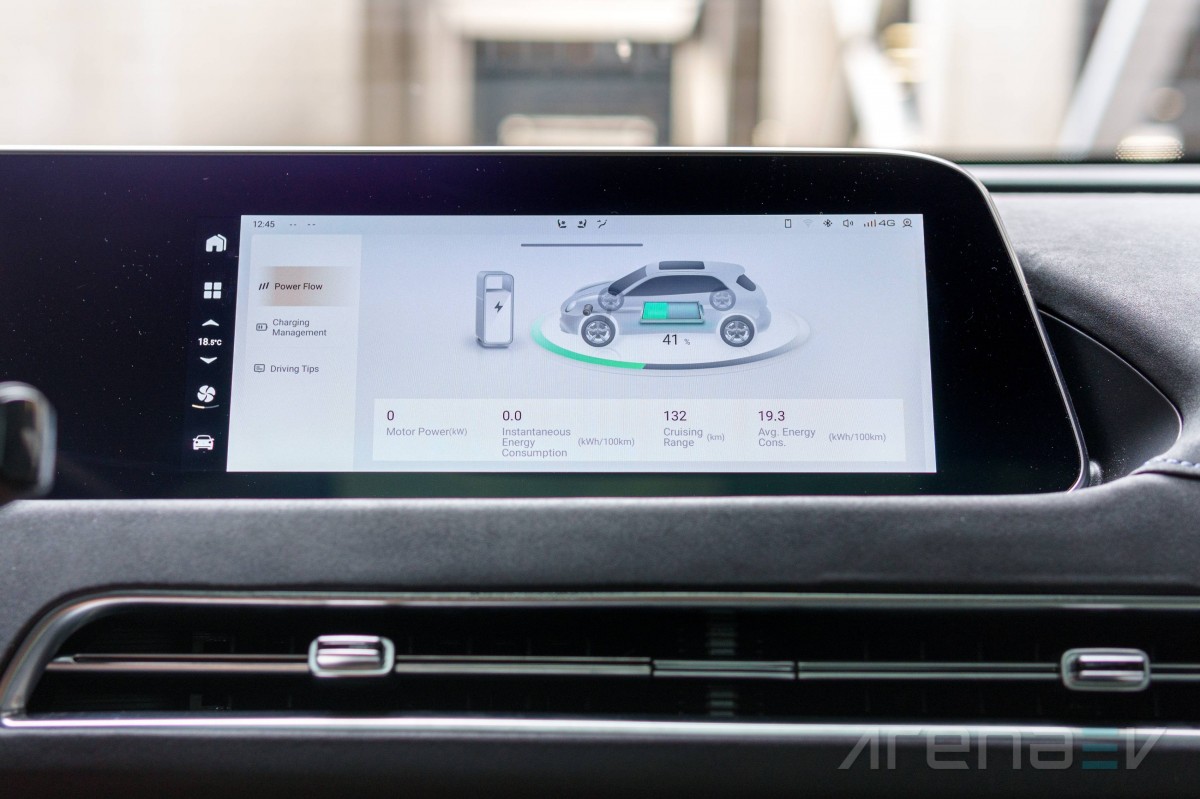
Competition
The Ora Funky Cat is placed in a rapidly growing market of compact electric vehicles, which are perfectly suitable for daily city transportation, albeit not really fit for longer travels. The Funky Cat has great looks and an abundance of features as its strong points, but it’s also electrically compromised, has low cargo volume and is not great to drive.
Its main rival is the Volkswagen ID.3, which is fairly similar in size and comes with a bigger battery even in the smallest variant. The VW also is significantly more efficient, feels more solidly built inside and offers almost twice the storage space. With the two vehicles costing about the same in Europe, it's really hard to justify going for the Ora, unless you are really fond of its design. Between the extra taxes and increased expenditure due to higher service requirements by the EU, the pricing on the Old continent just isn't competitive.
The second competitor is the Nissan Leaf, which is much cheaper in Europe and similarly priced in other markets. The Leaf offers more cargo space as well, but lacks severely in terms of luxuries and amenities. The small Nissan is due for a refresh as it's been on the market for over six years and it's really showing, particualrly in its charging standard.
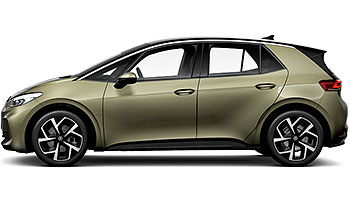
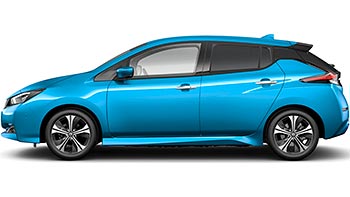
Volkswagen ID.3 Pro 2023 - • Nissan Leaf 40kWh 2018 -
Verdict
Great Wall Motors has created a recognizable model in a world where most compact cars look alike, forgoing character for versatility. The Ora Funky Cat brightens the streets with its joyous design and stands out for the right reasons.
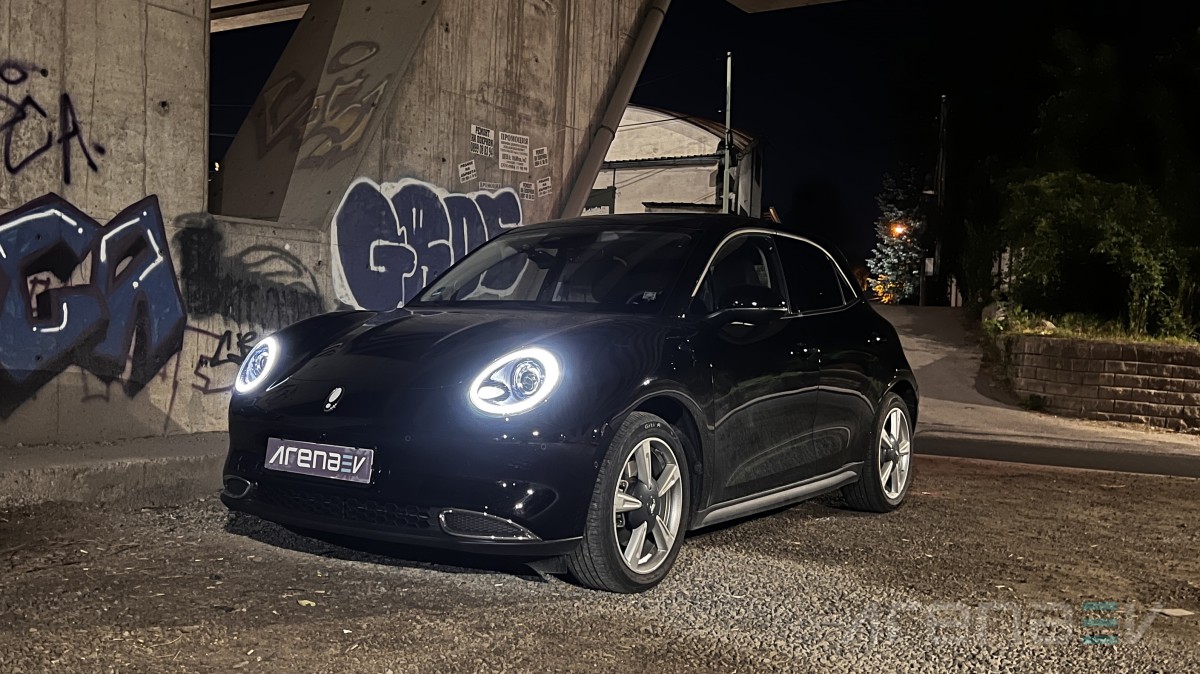
The interior is spacious and the cool color options make the Funky Cat even more appealing to a certain demographic. The issue is that even though Ora offers a lot of features, regretfully most of them don't work well and the car is filled with electrical faults. Hopefully that will change in the near future, but for now the technical level is simply not on par with its modern rivals.
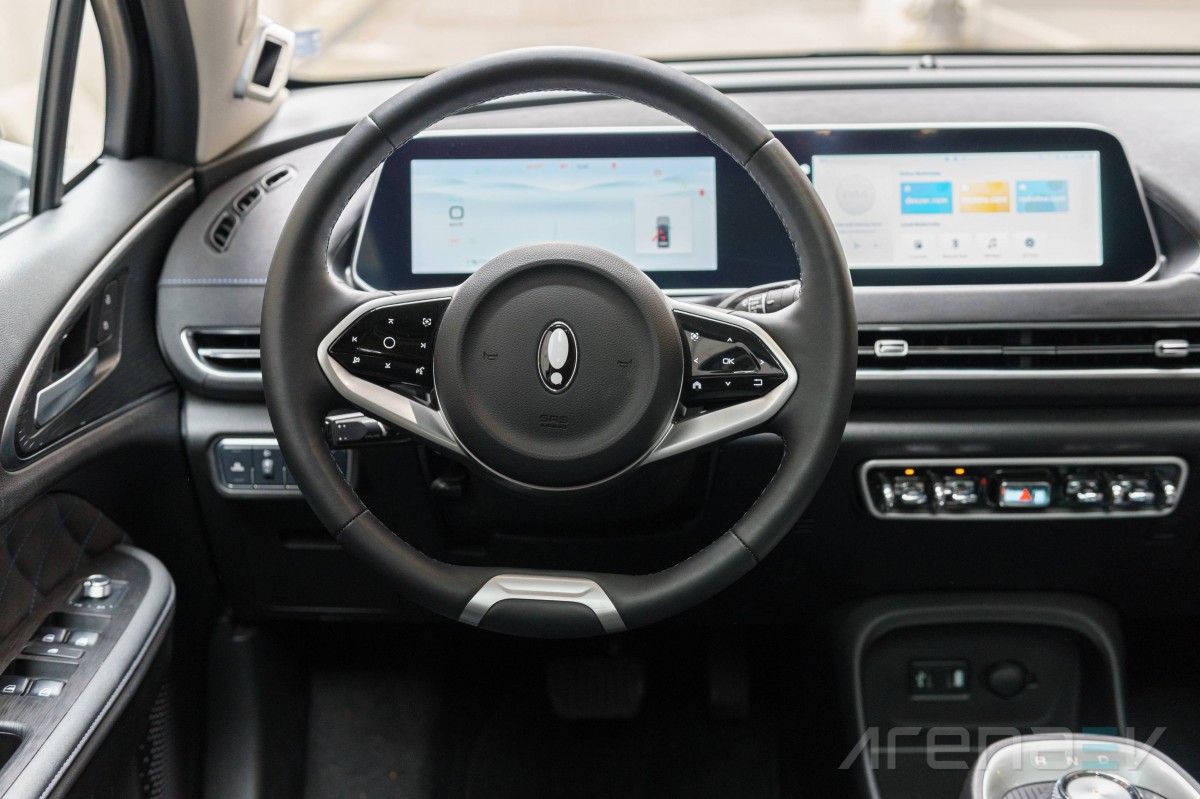
Driving the Ora Funky Cat is not the most involving experience, yet it doesn’t feel bad or unsafe. The FWD not only limits maneuverability, and it's tuned for too much wheel spin. If driving experience is what you are after there are far more engaging options in the segment. Few of them offer as much individuality as the Ora Funky Cat though.
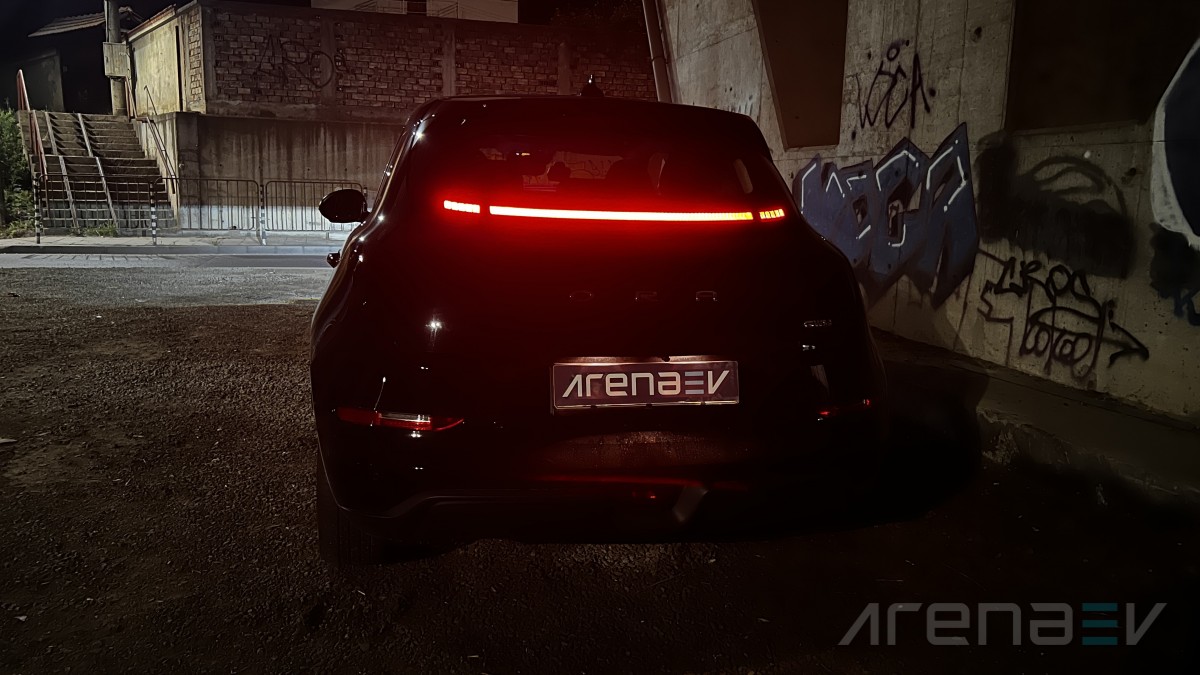
Pros
- Pleasant ride.
- Distinctive looks.
- Attractive price in certain countries.
- Plentiful standard equipment.
- Spacious interior for both rows.
- Great handling.
- Perfect voice commands.
Cons
- Electrical and software issues.
- Small trunk for the car's size.
- Steering wheel buttons are a nightmare to use.
- No interior lighting.
- Only one of the doors has keyless entry.
- Long charging times.
- No phone mirroring.
- No way to reset consumption info.
- High price in Europe.
Reader comments
- Steve Jobs
- 86v
More like a care for senior citizens or teenagers who just passed driving test within a year driving distance limited within city parameters.
- Fearghast
- 3D9
You clearly have no clue what is a difference between a camera and camera without recording capability, monitoring the driver.
- spycam
- Yav
There is no way that EU laws can permit a cabin cam that does not default to "off" AND cannot be disabled without prejudice. Put an opaque lens cover on that spy camera.
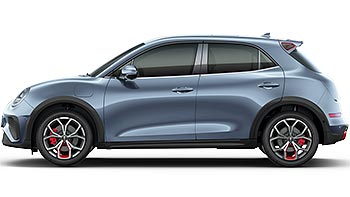
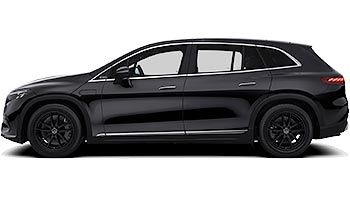
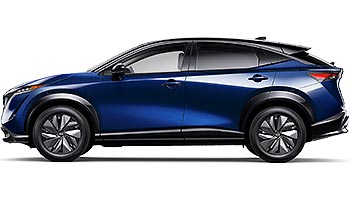
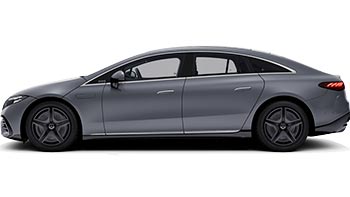
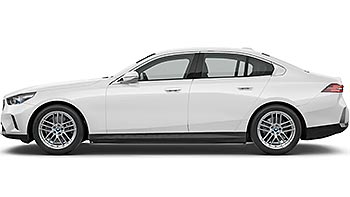
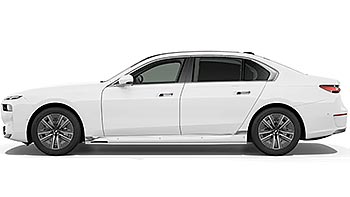
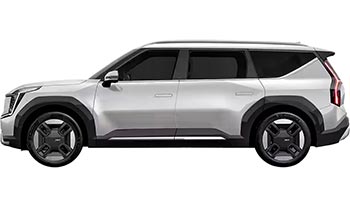
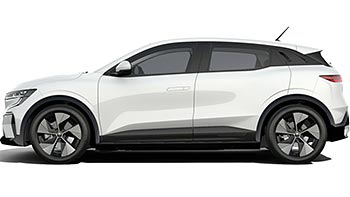
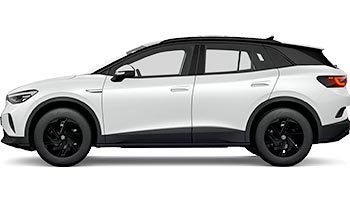
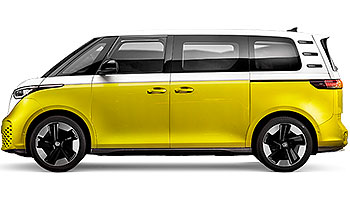
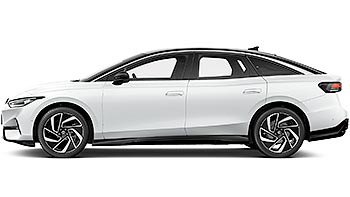
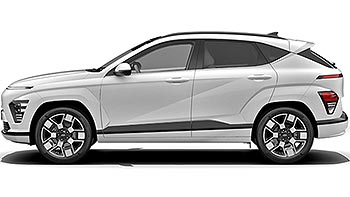
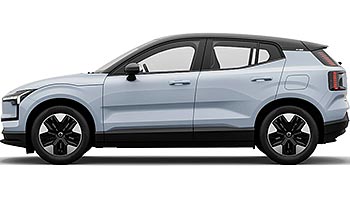
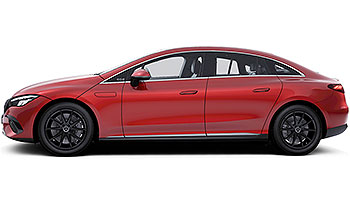
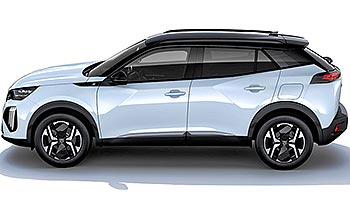
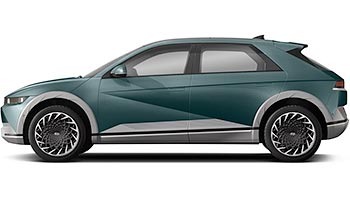
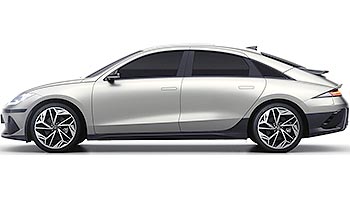
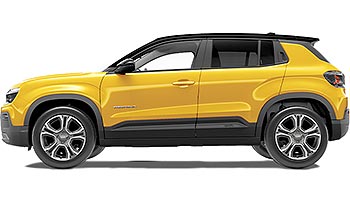
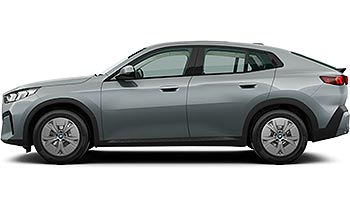
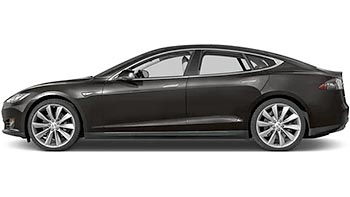
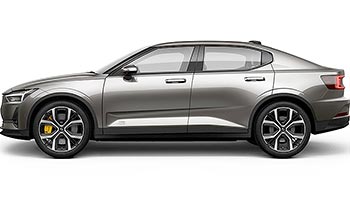
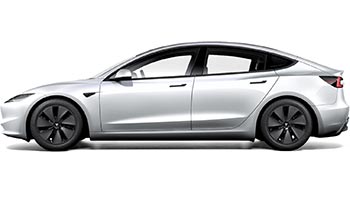
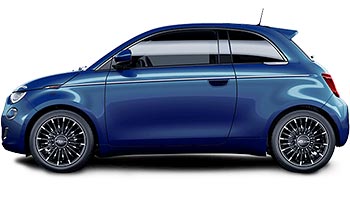
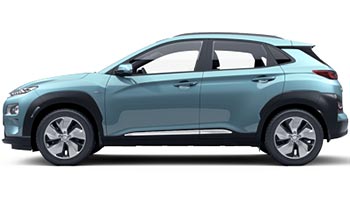
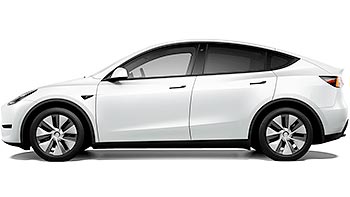





Facebook
Twitter
Instagram
RSS
Settings
Log in I forgot my password Sign up